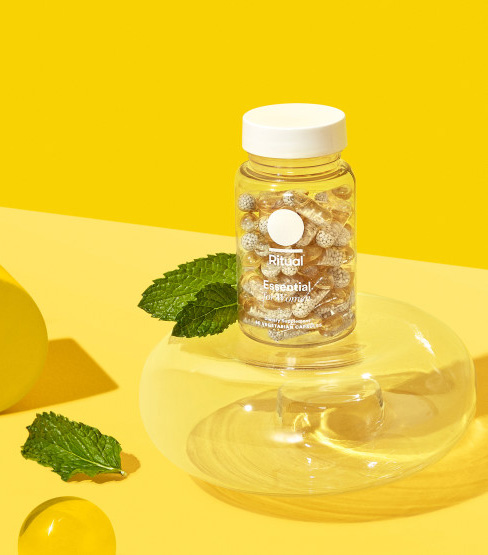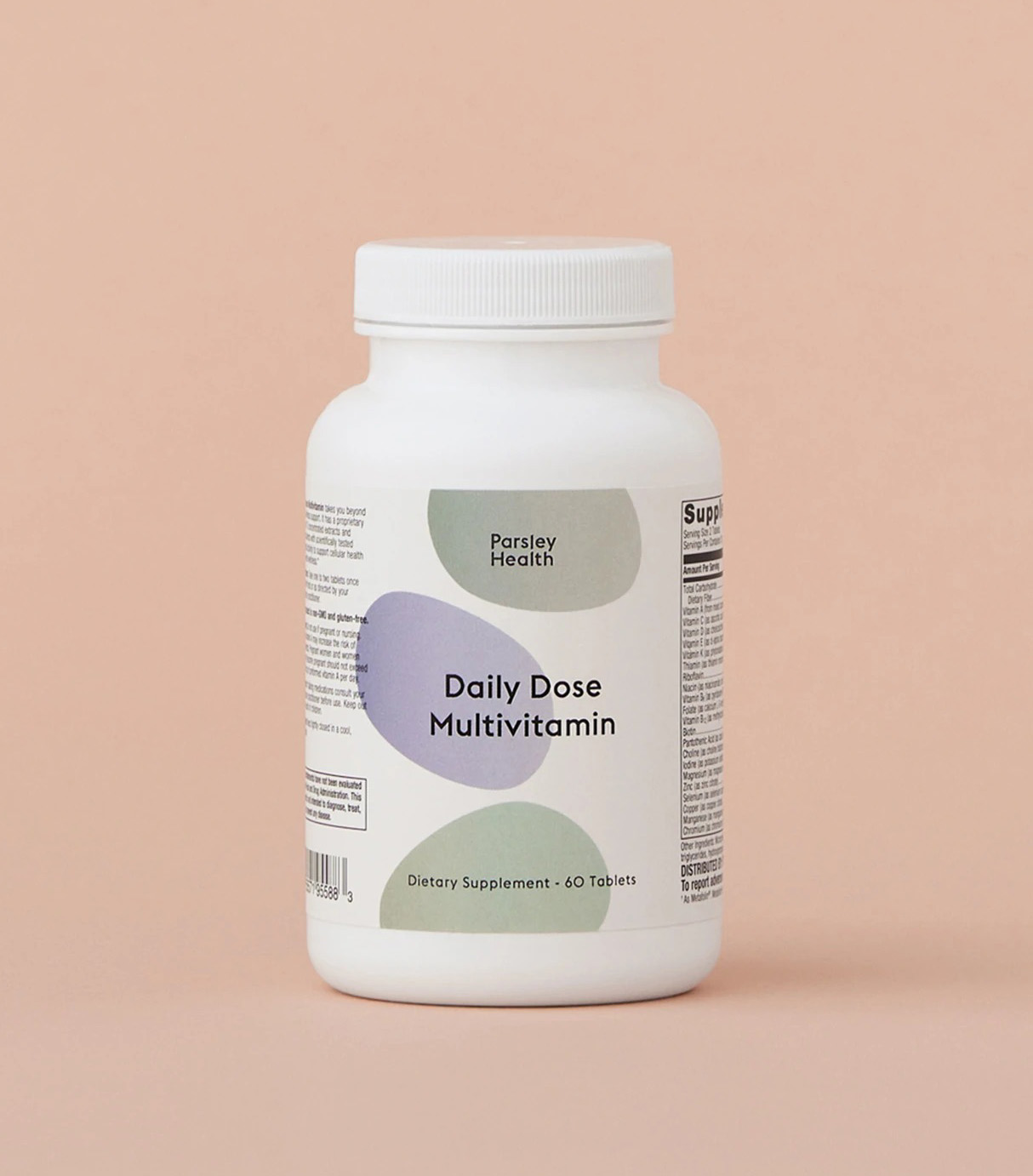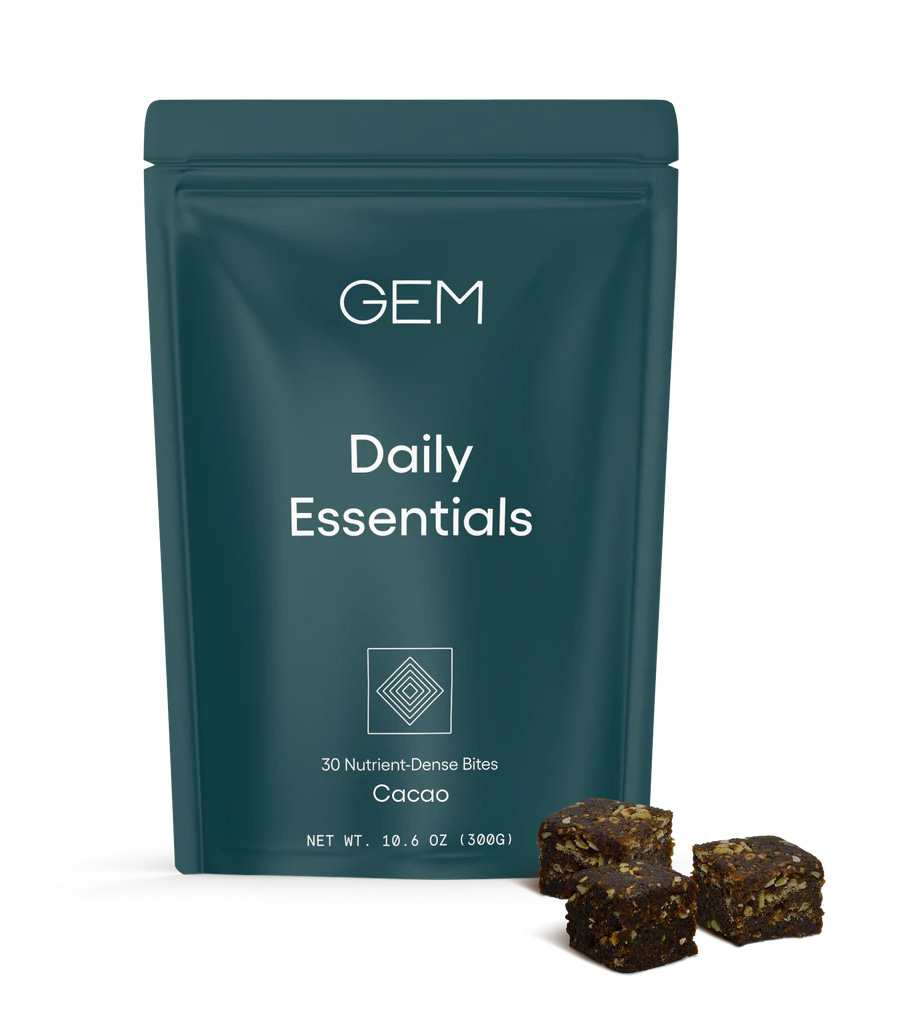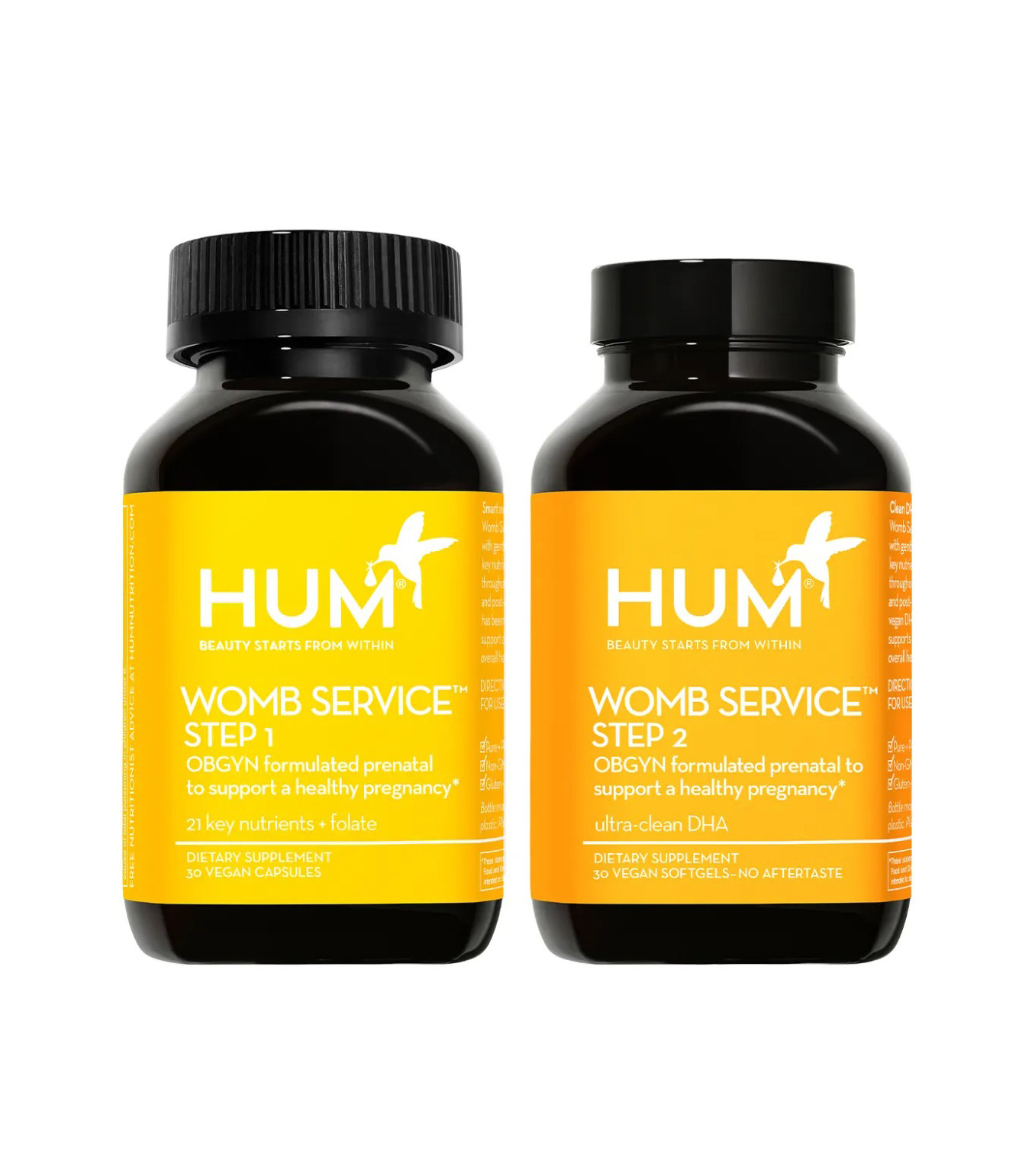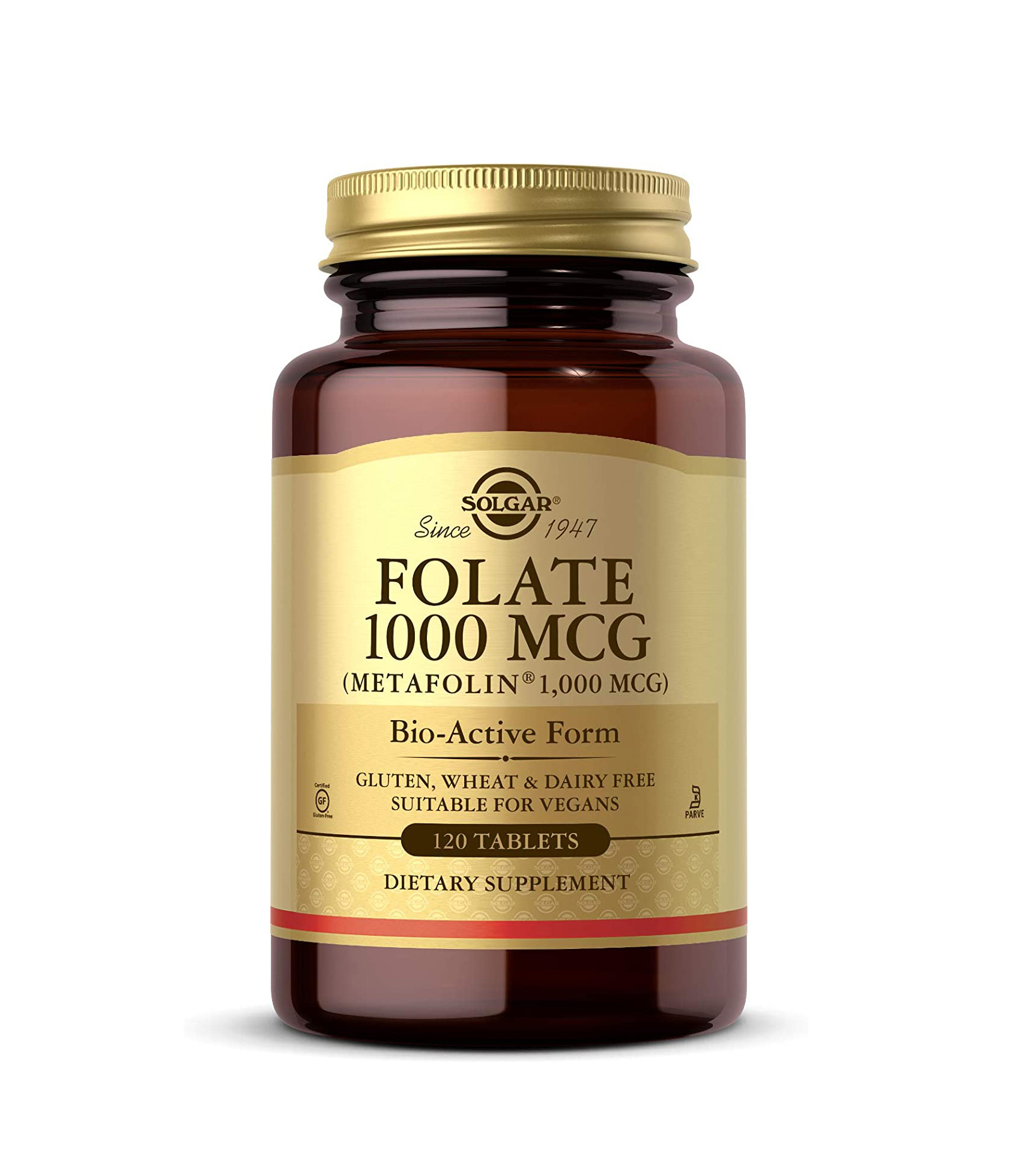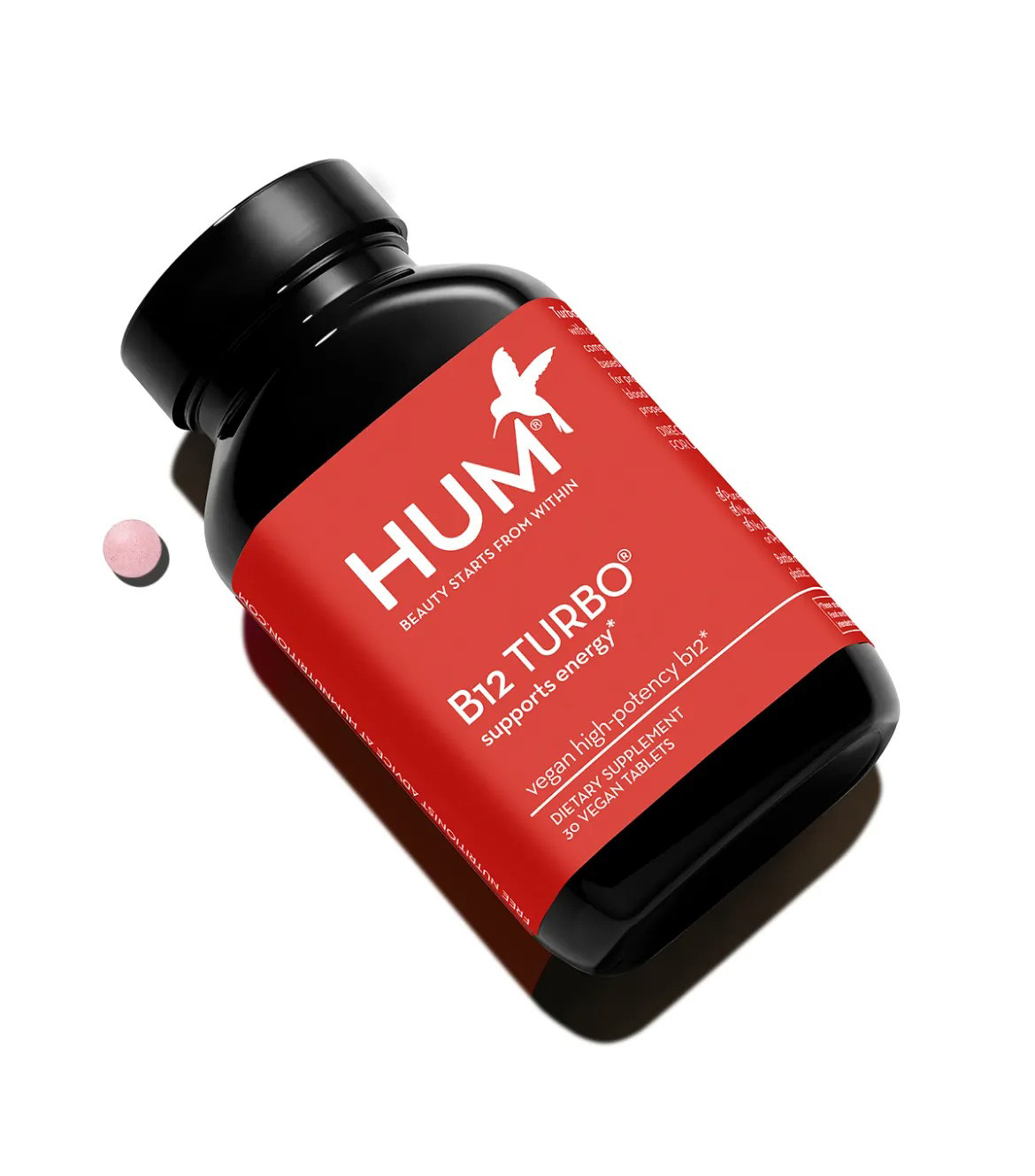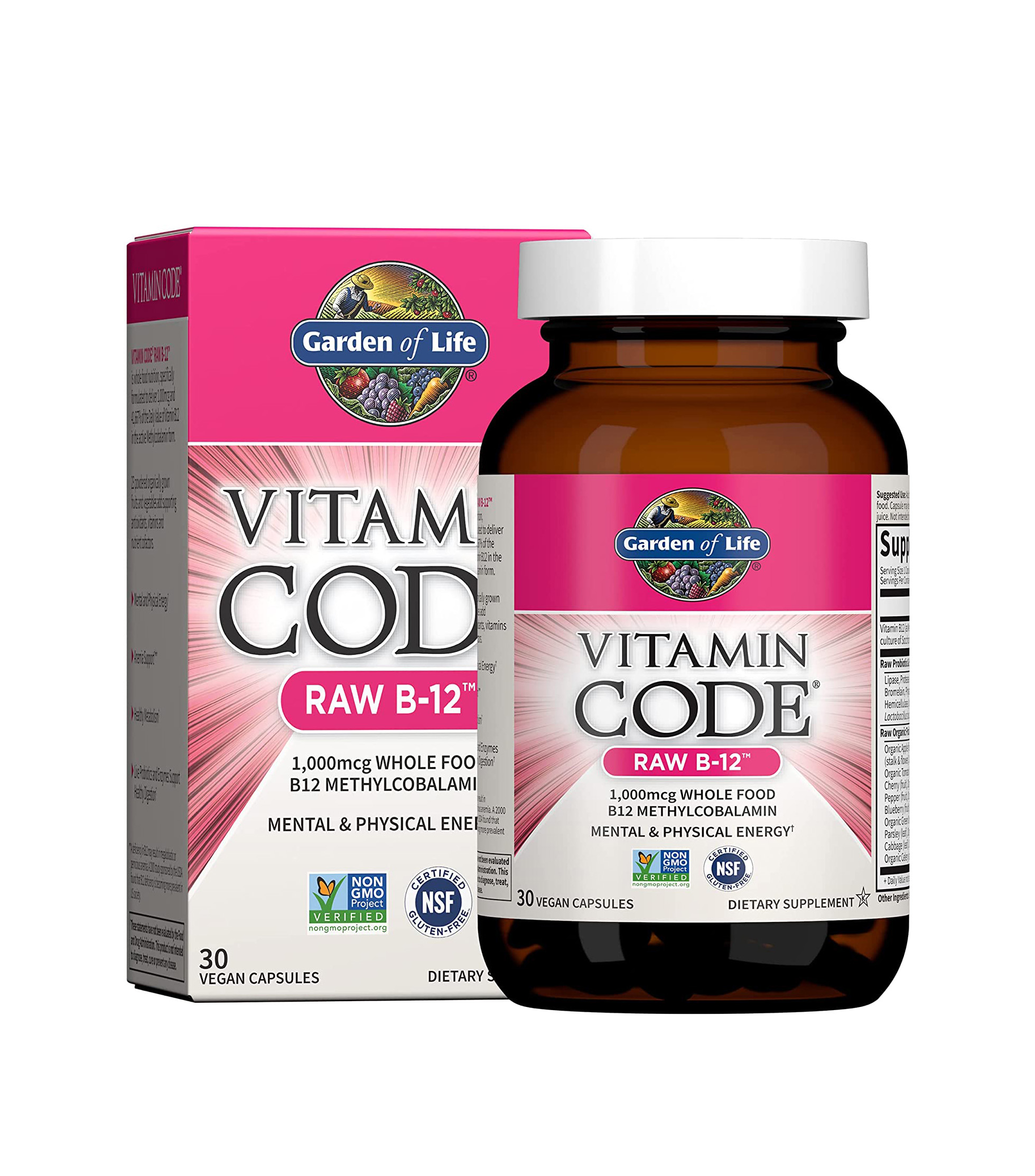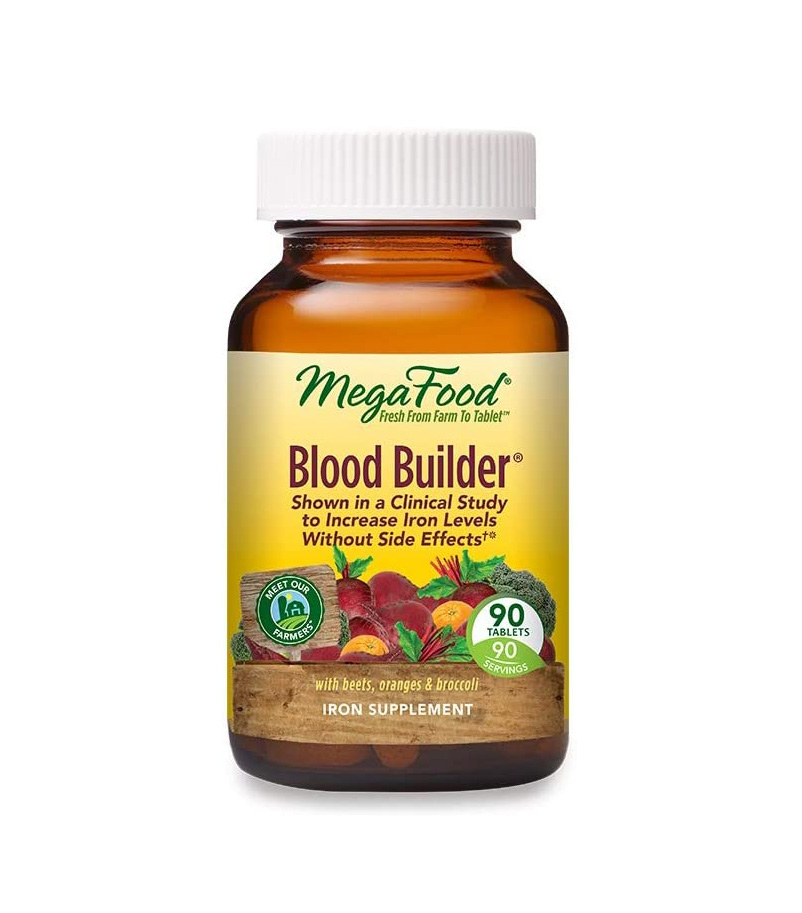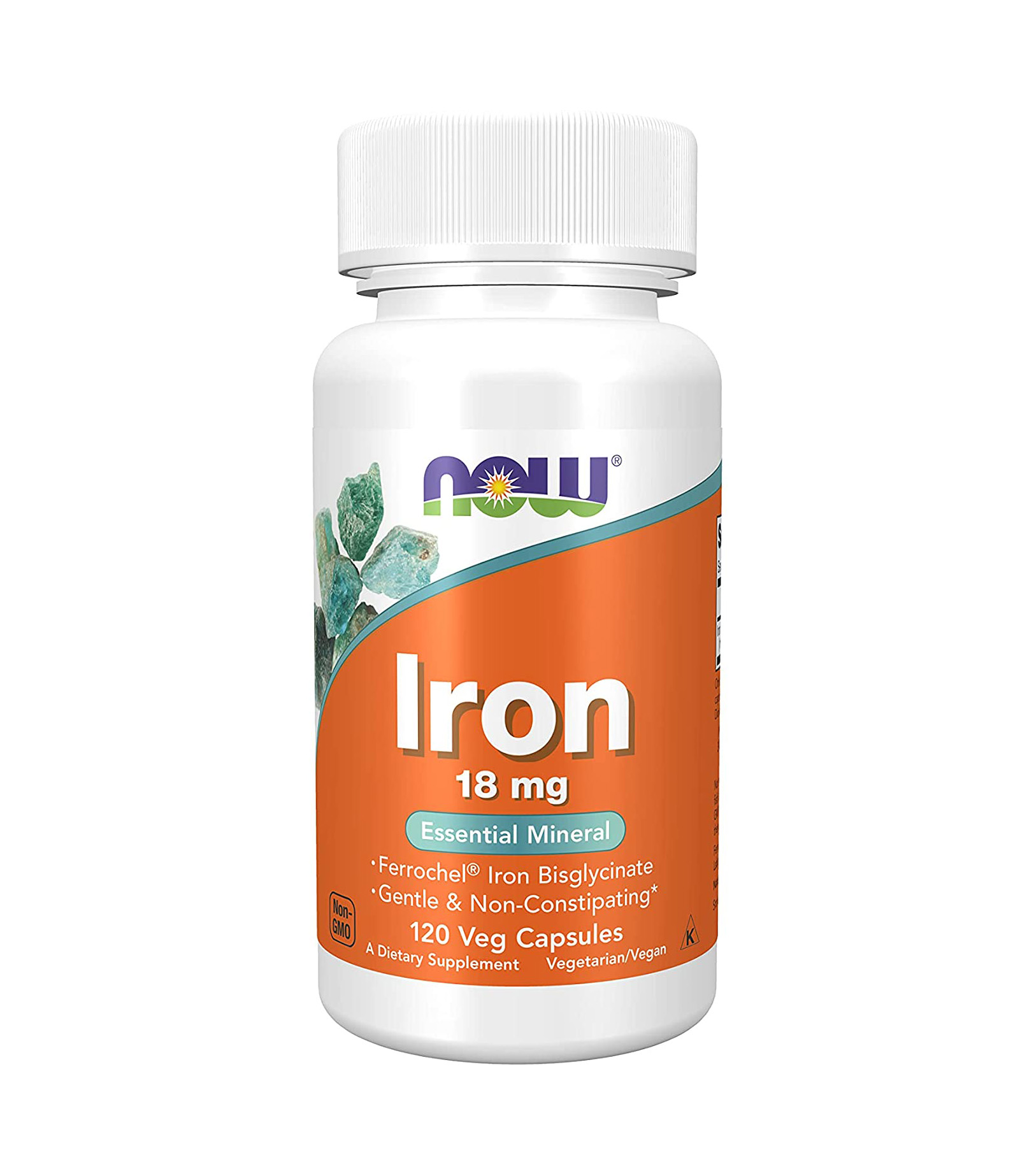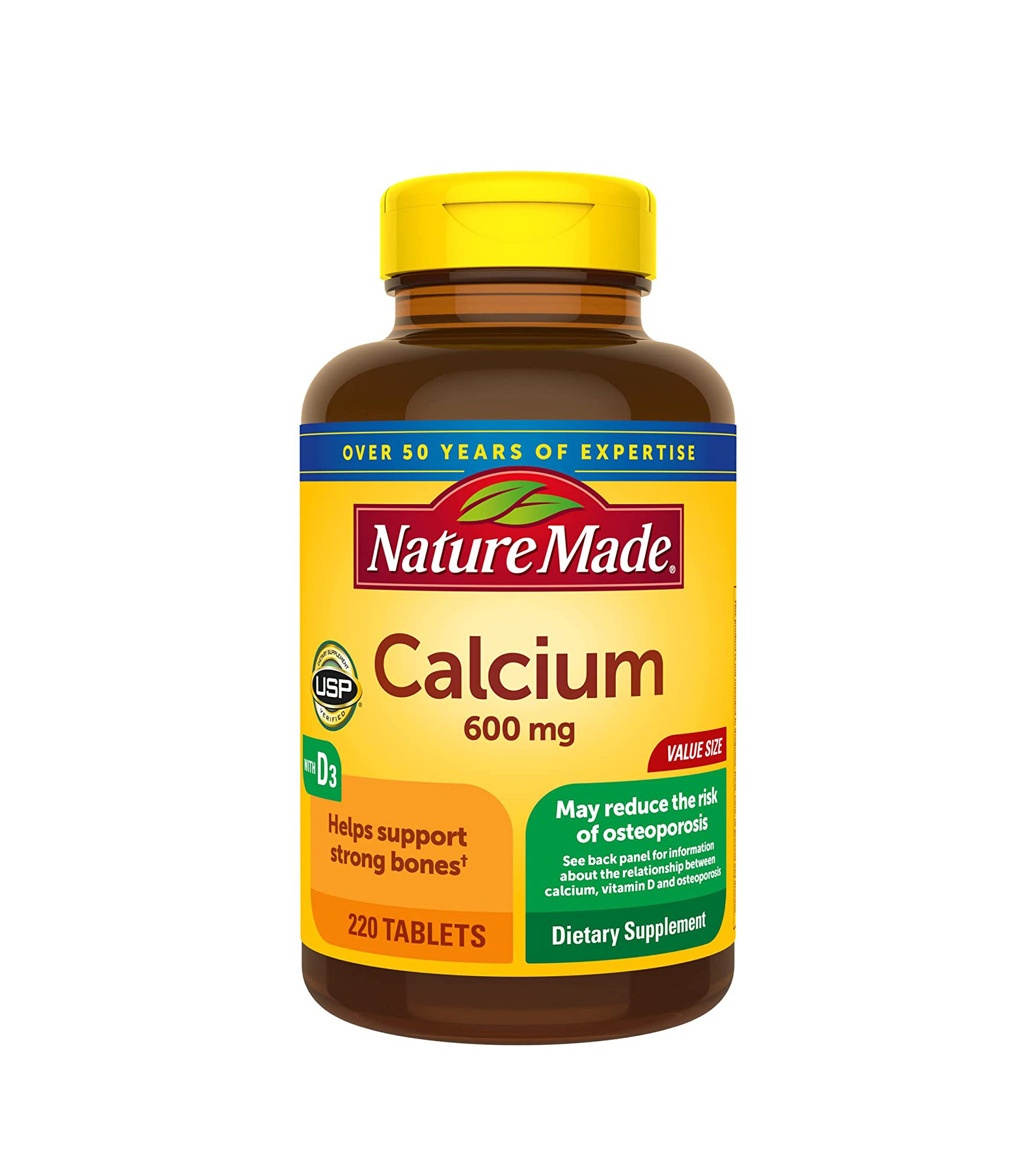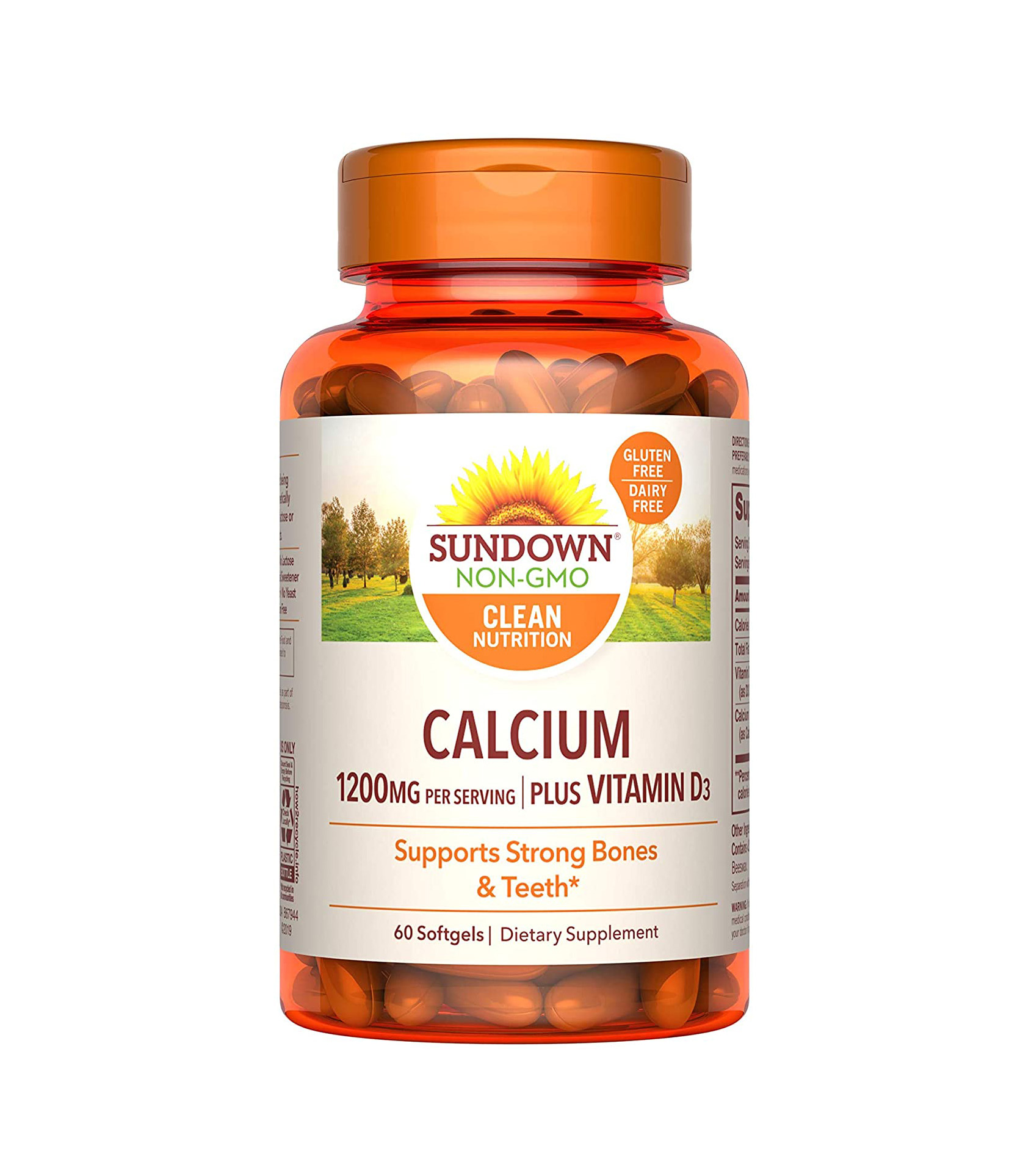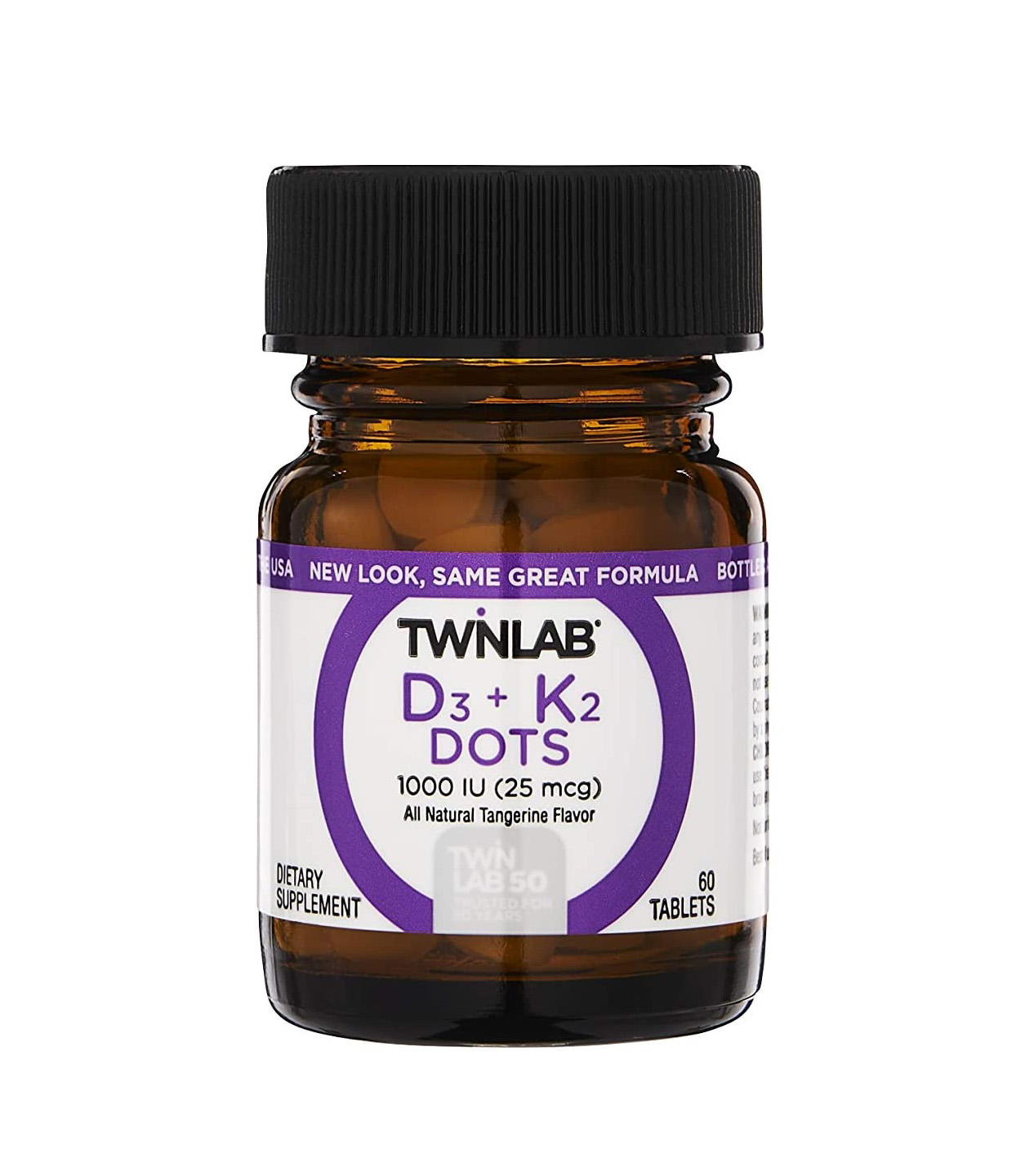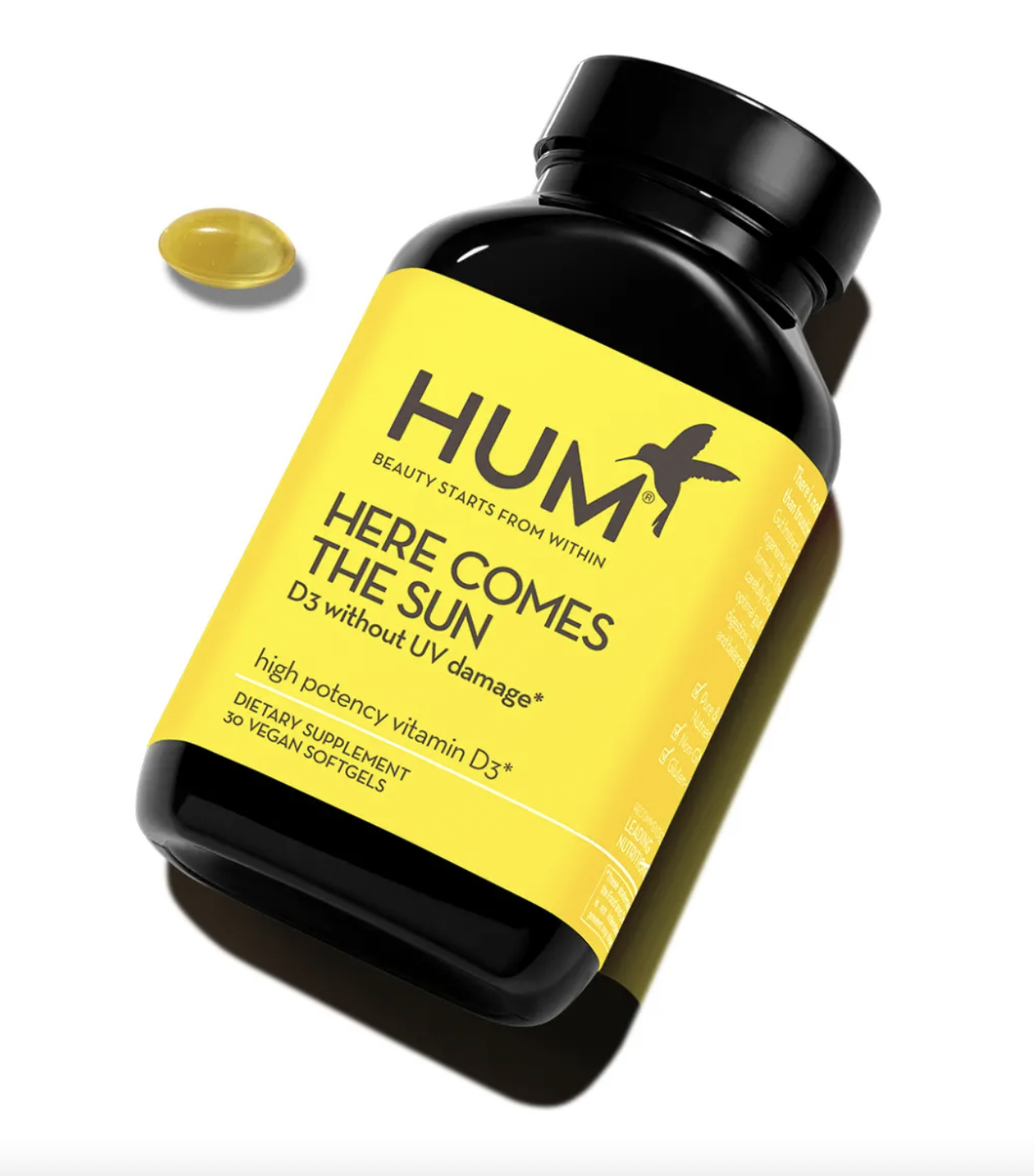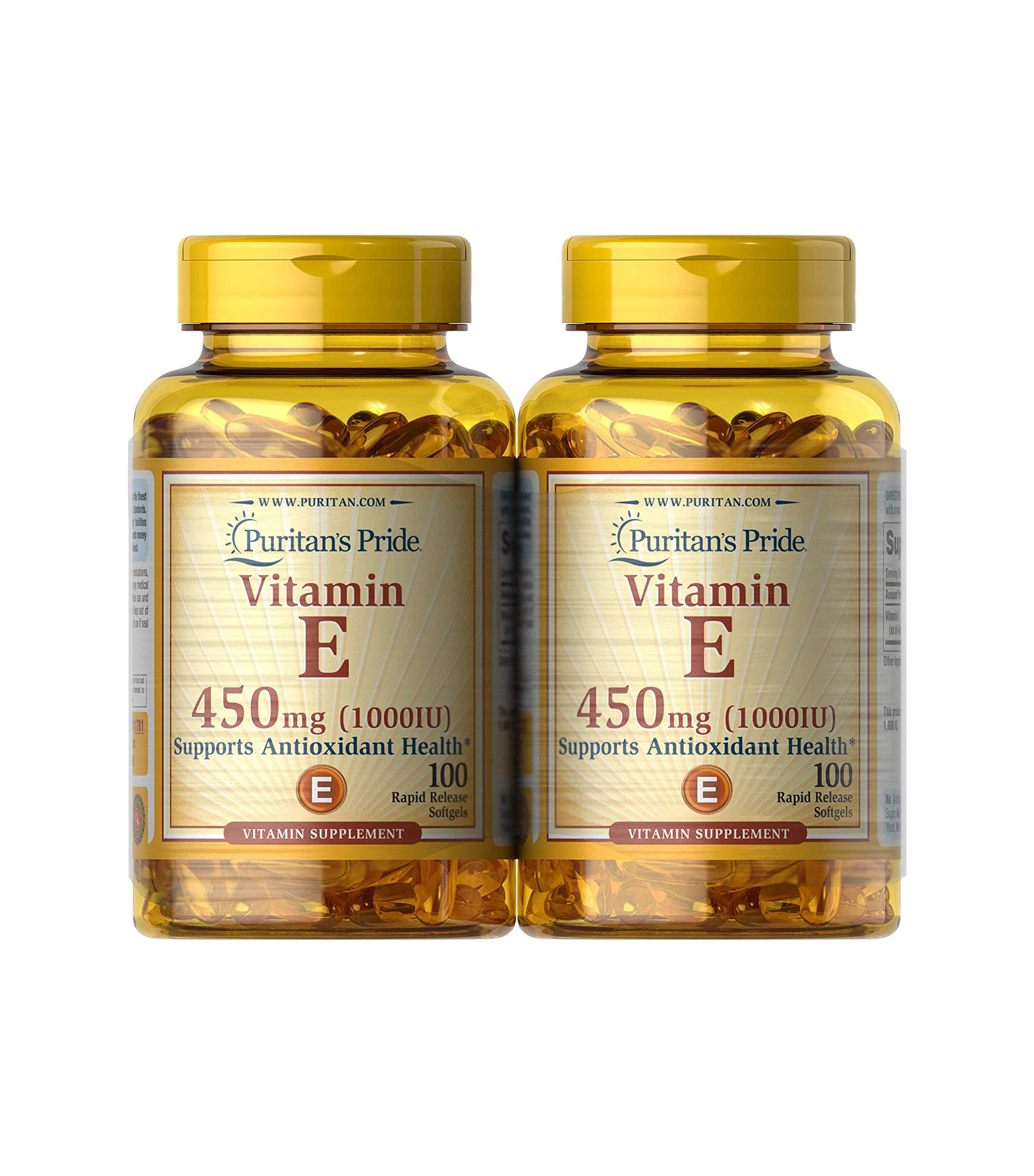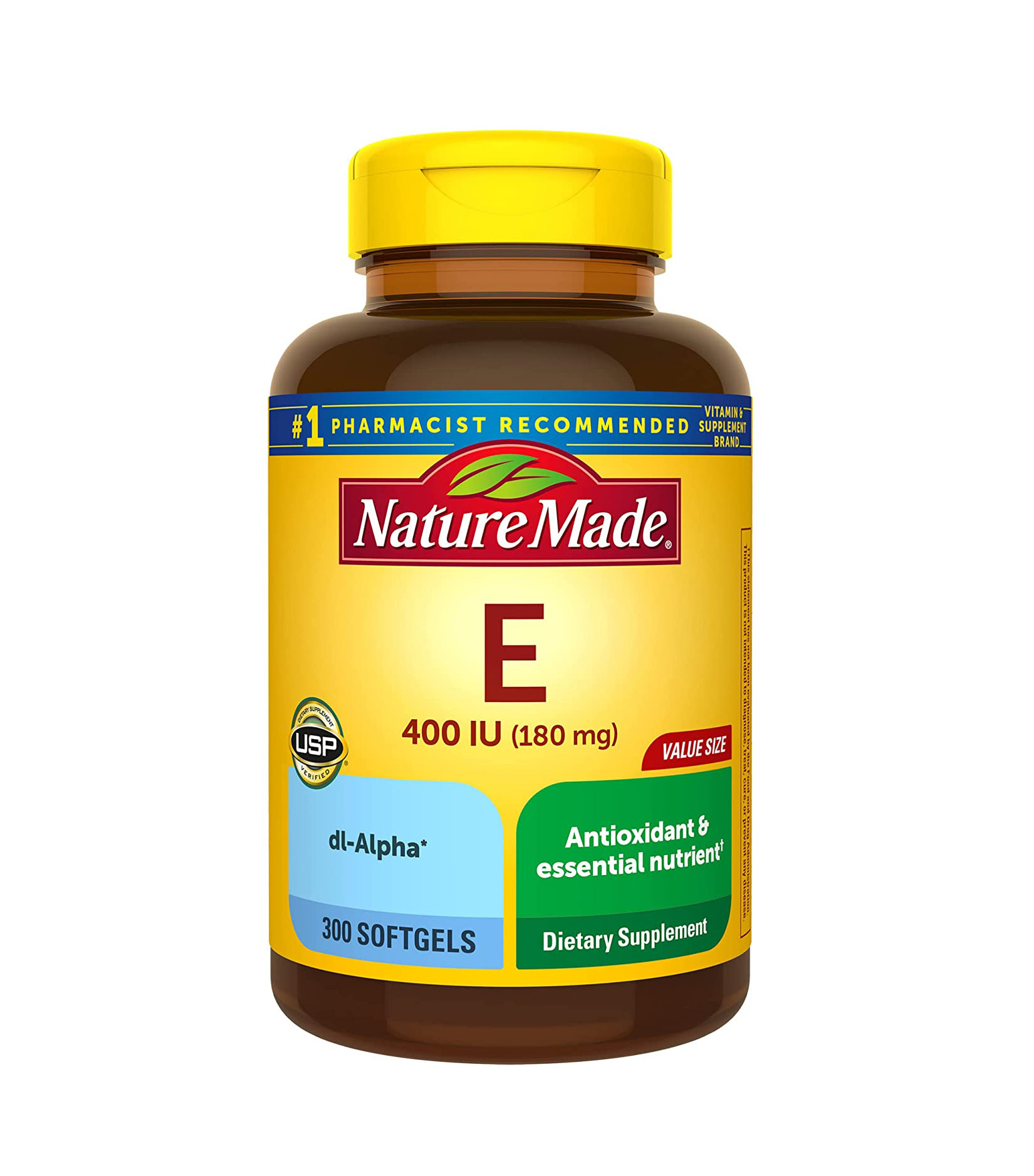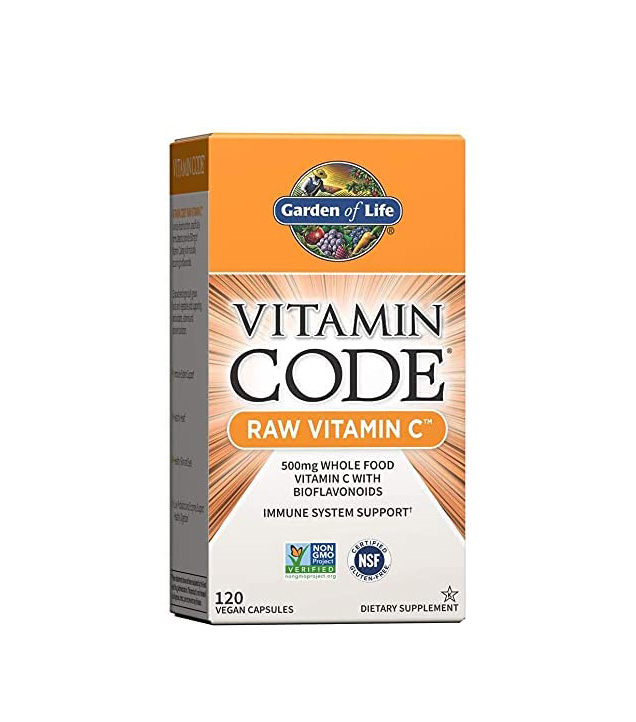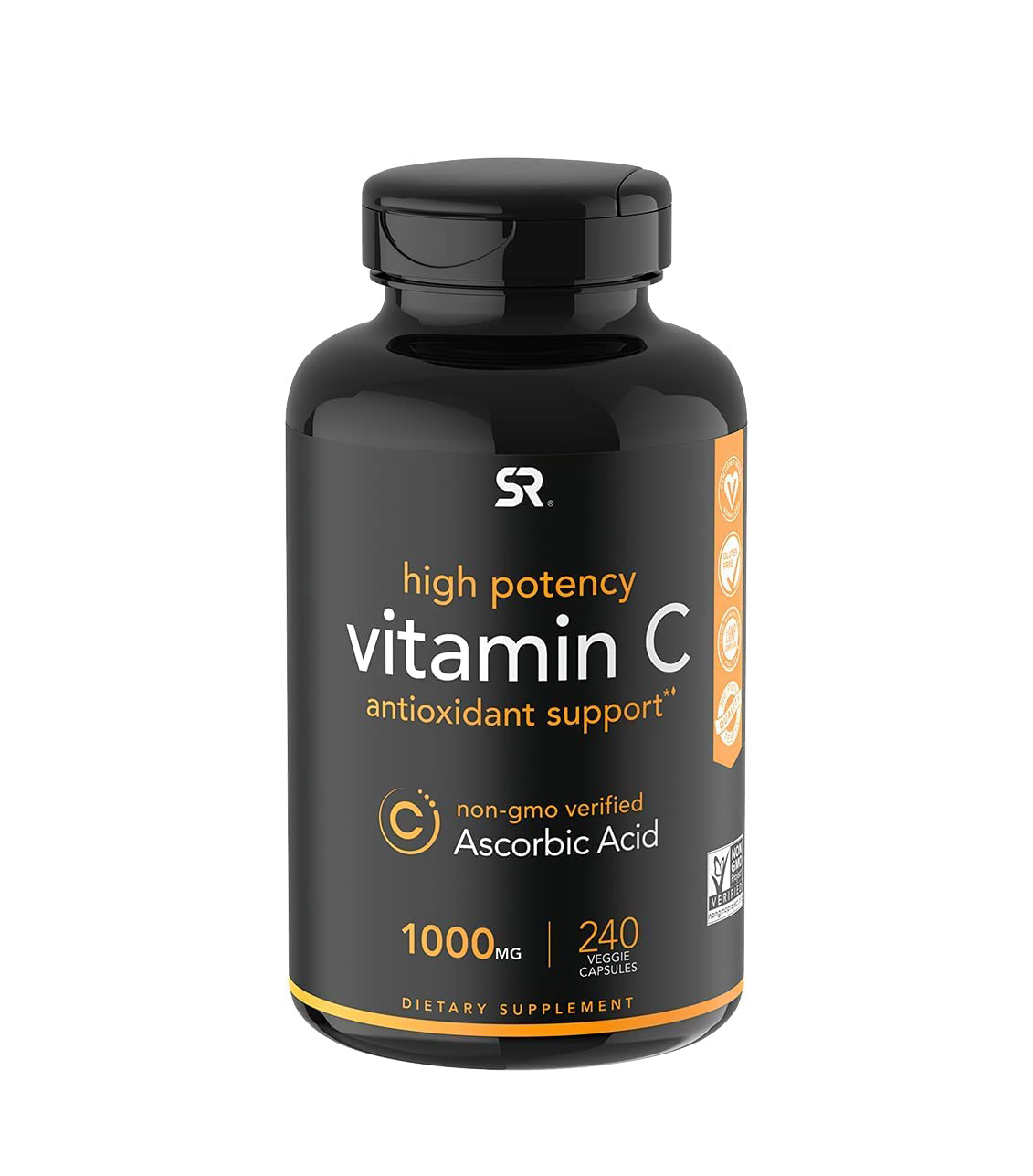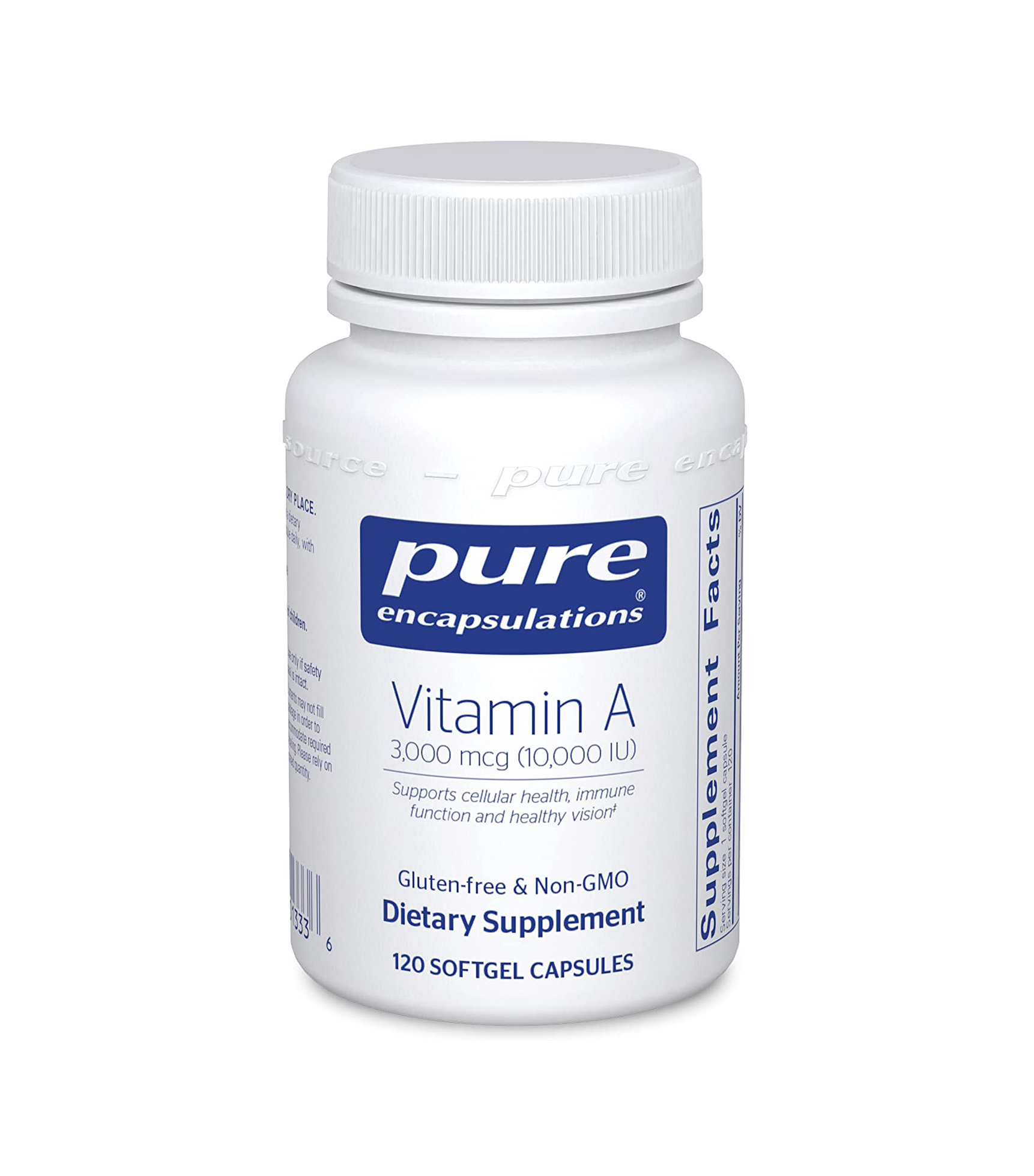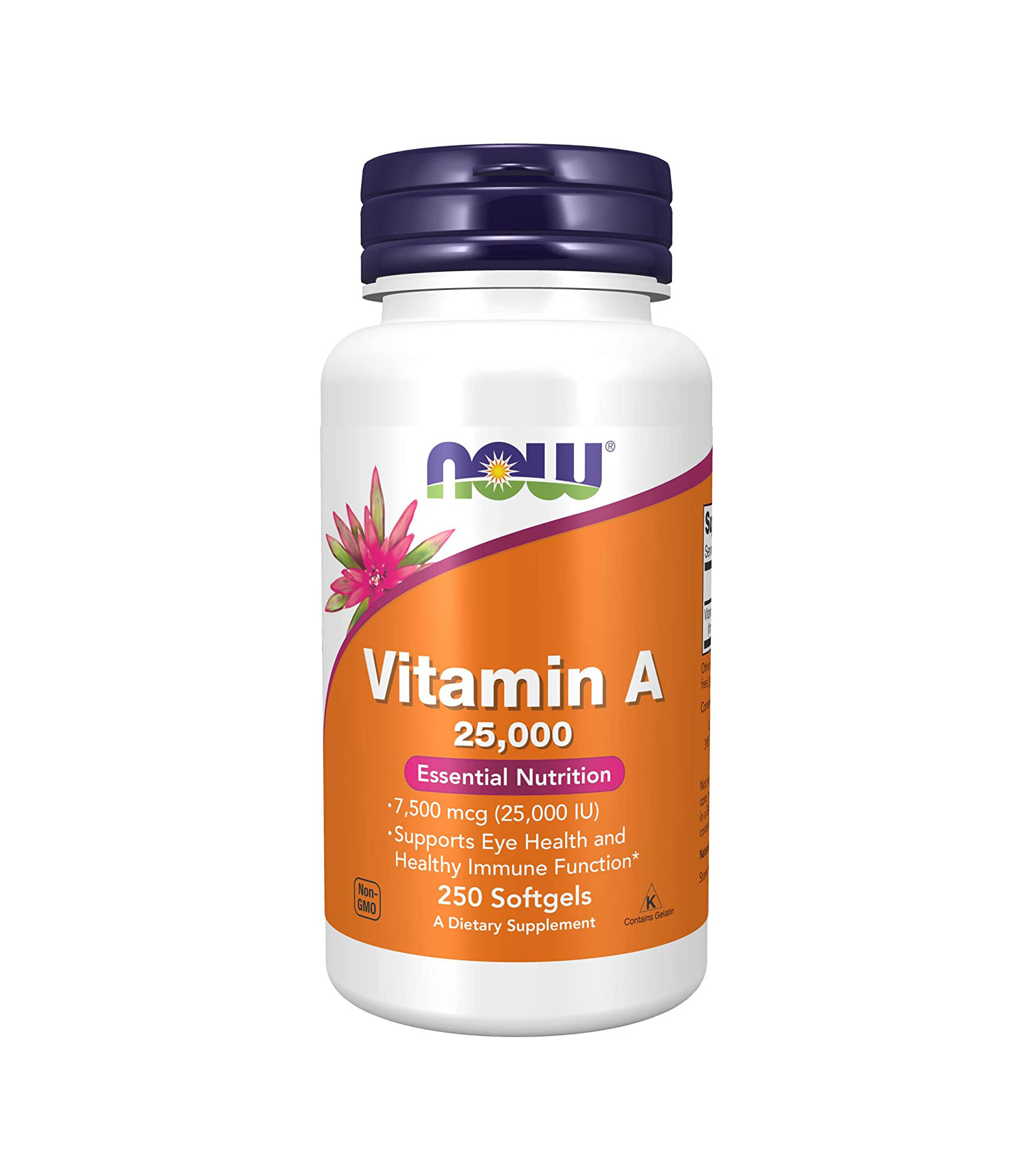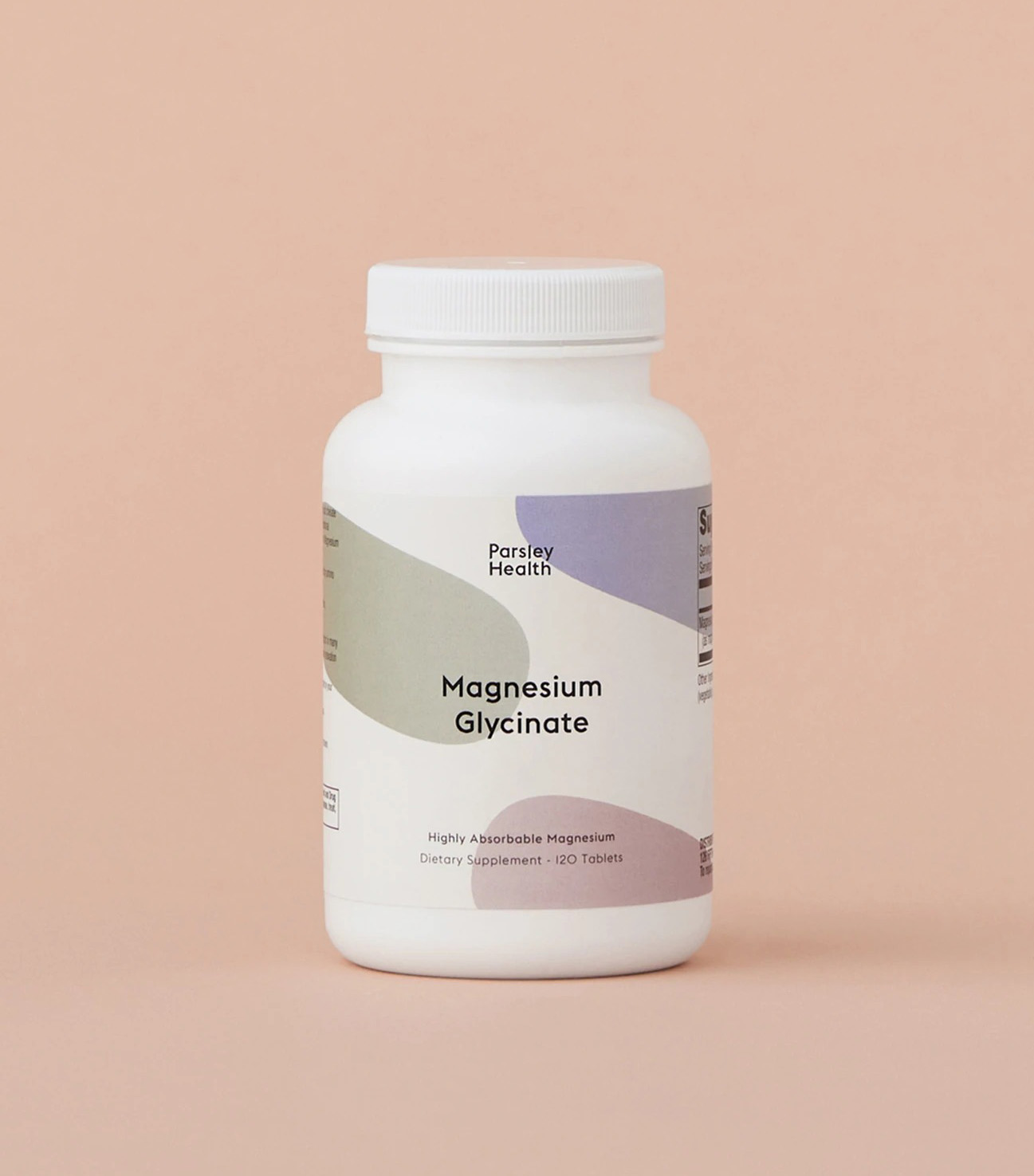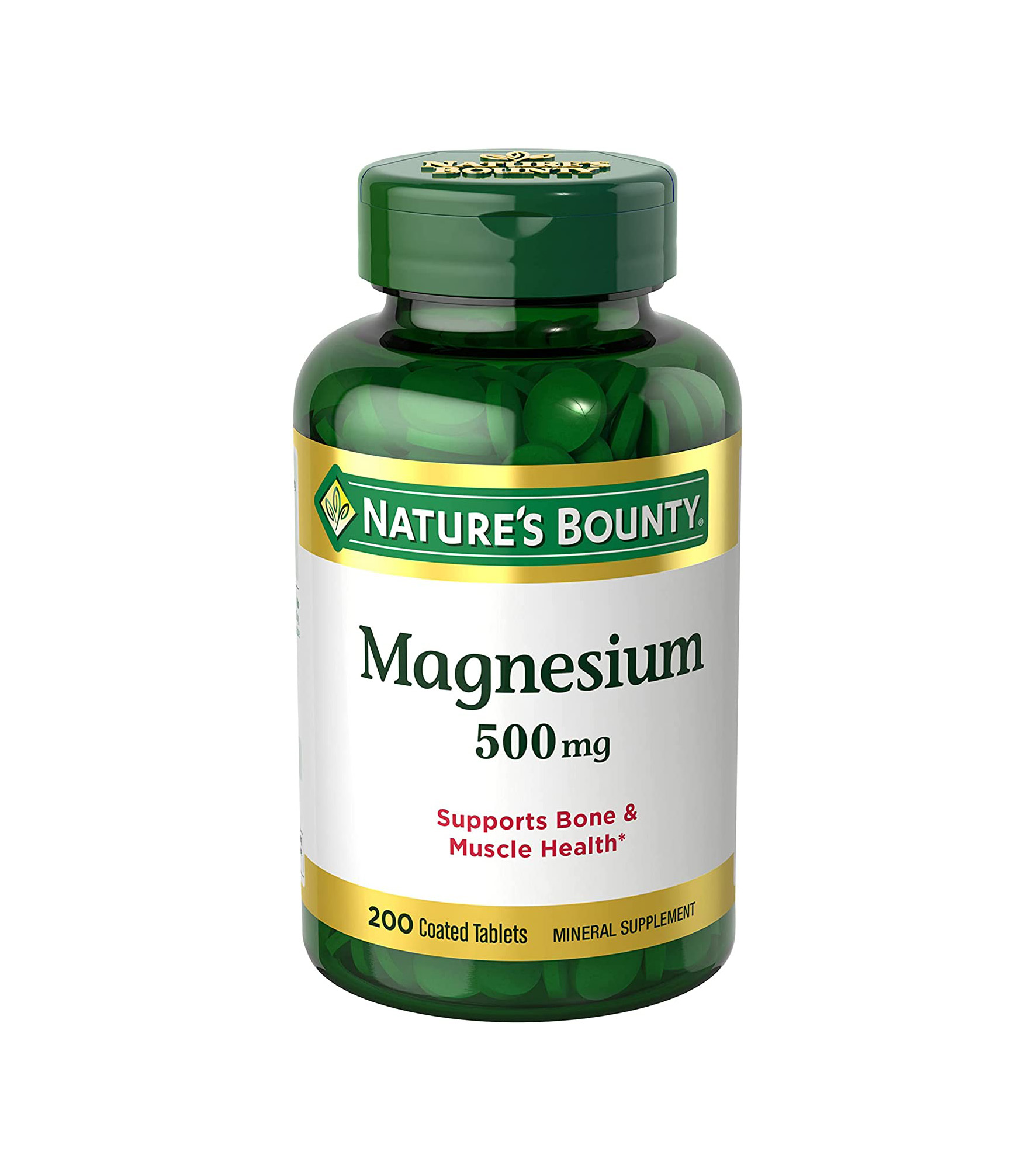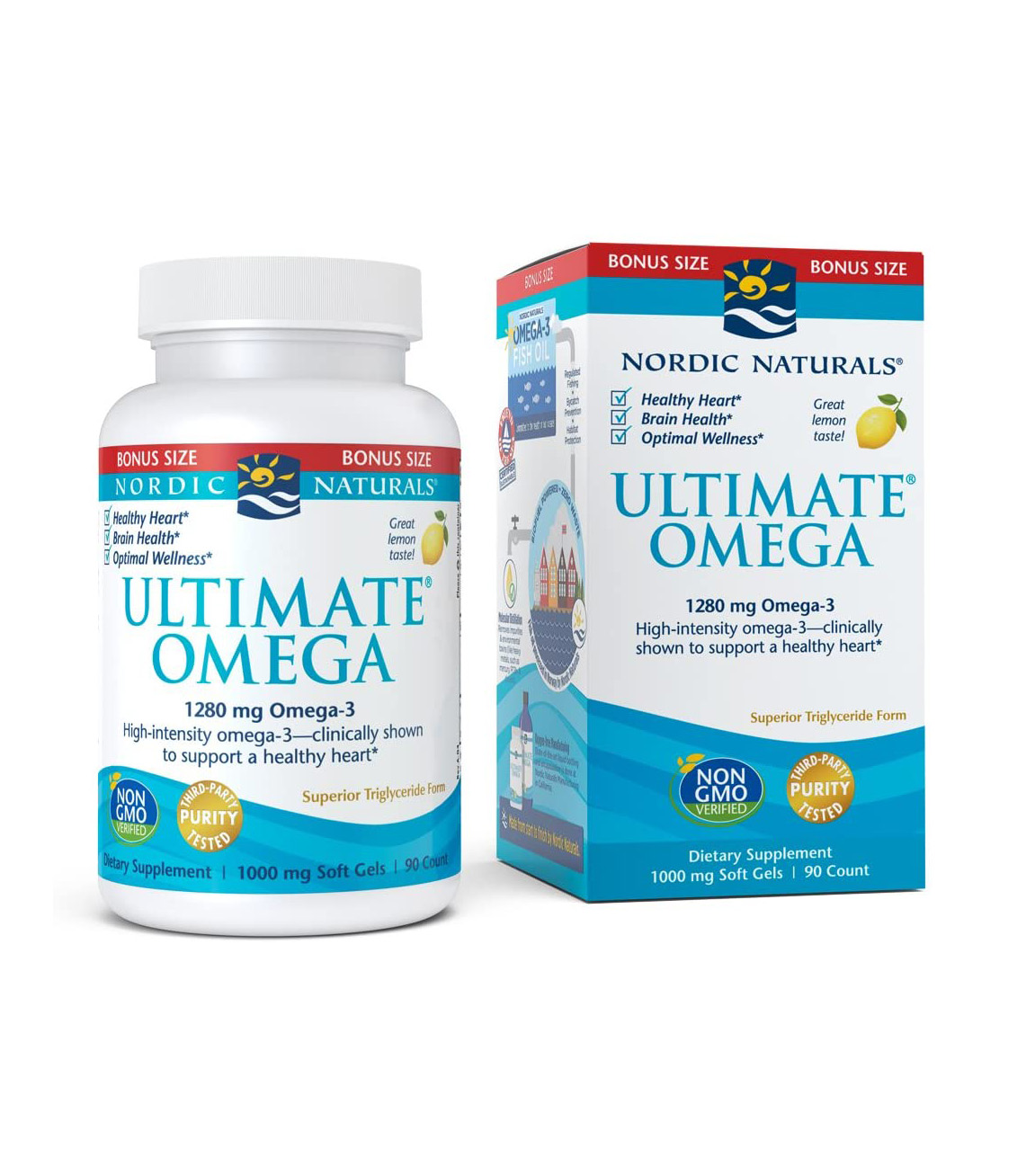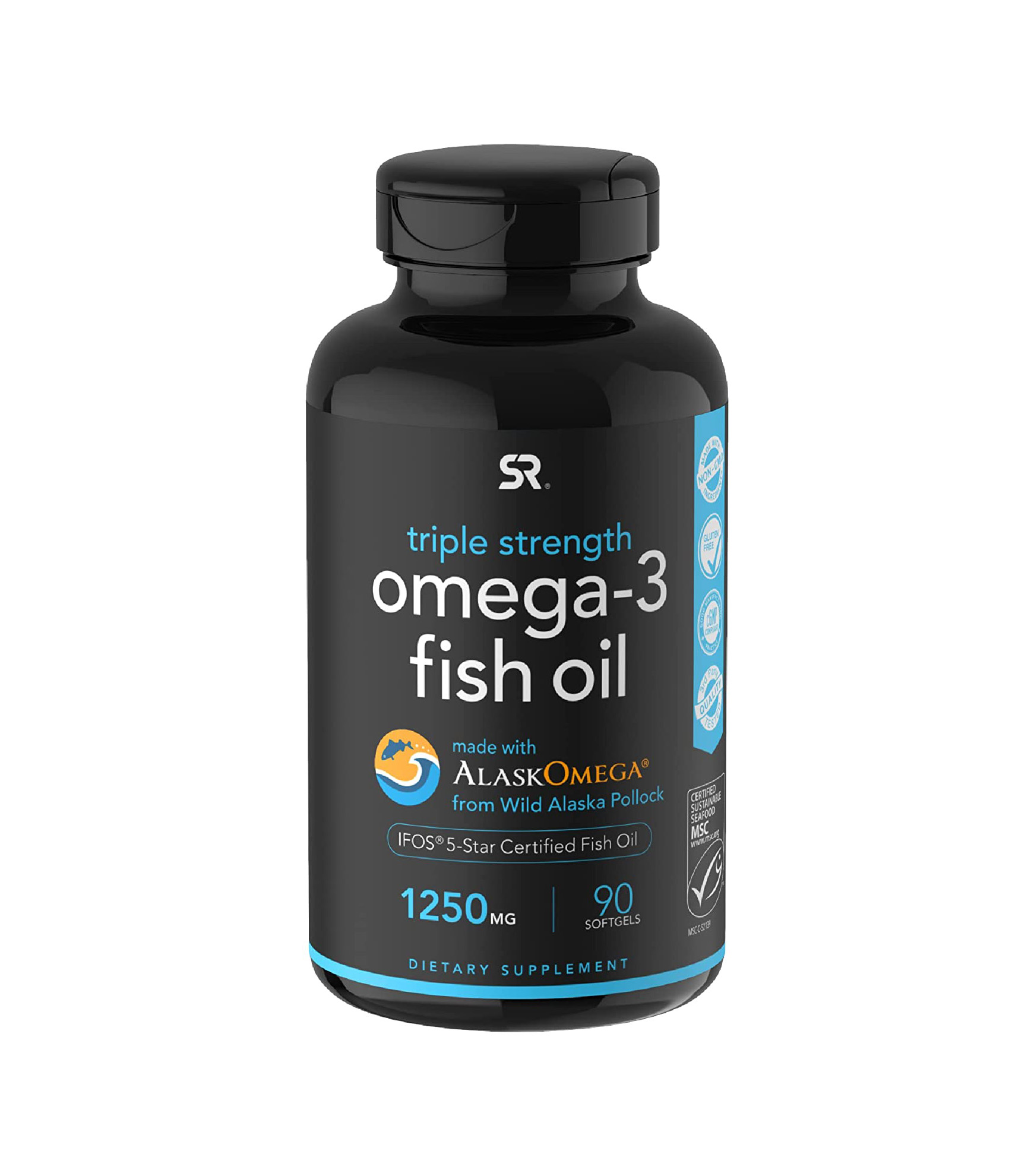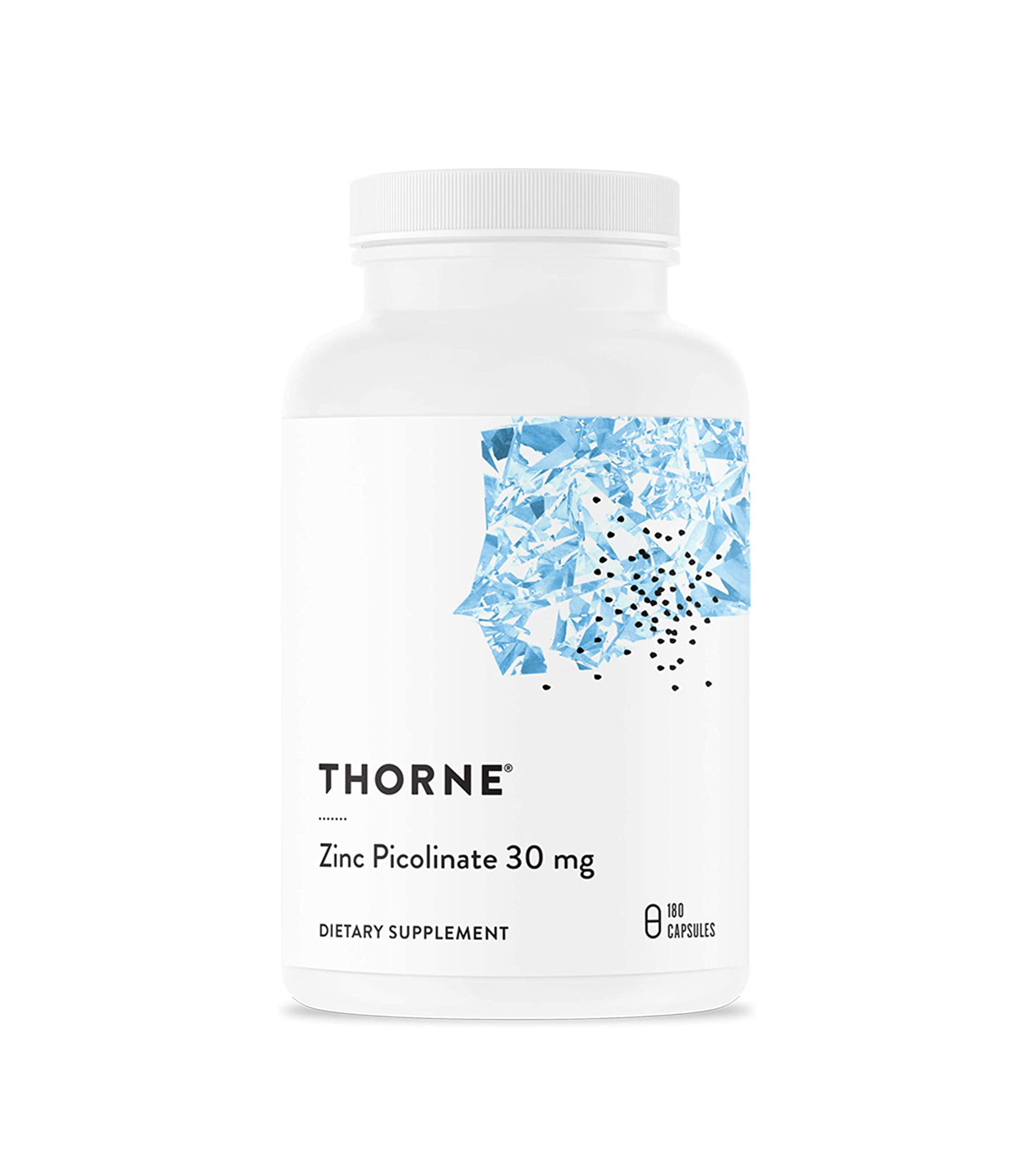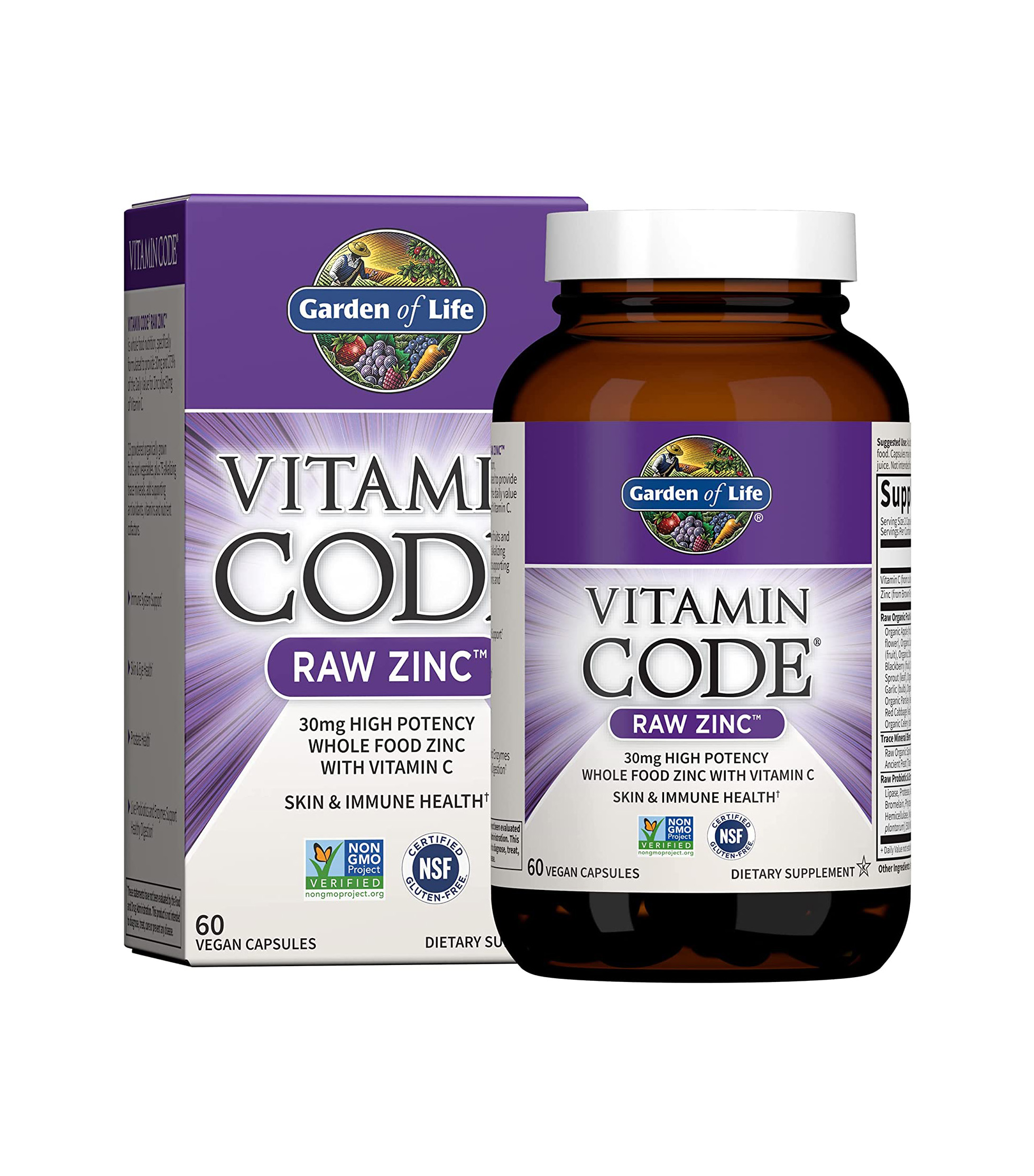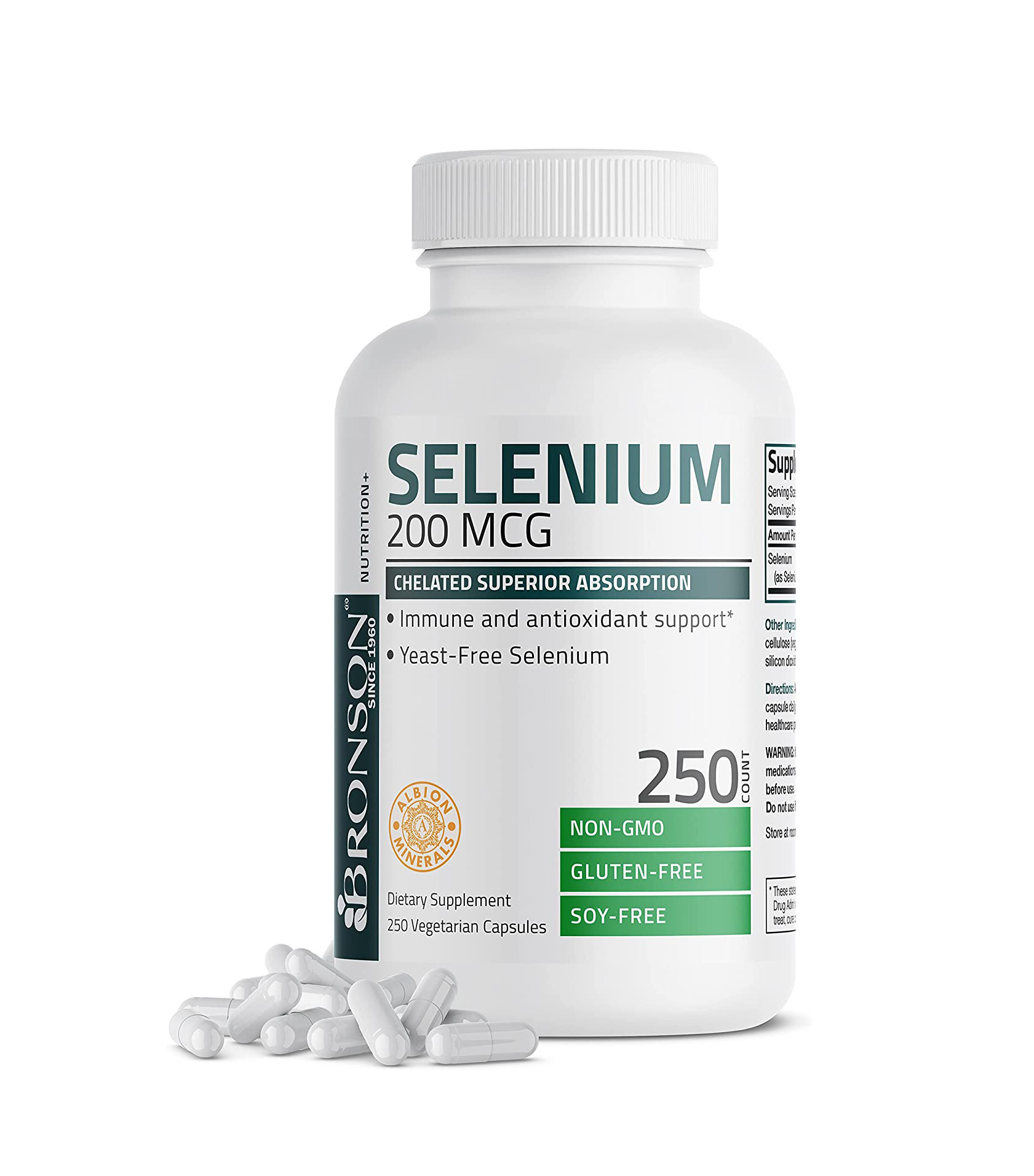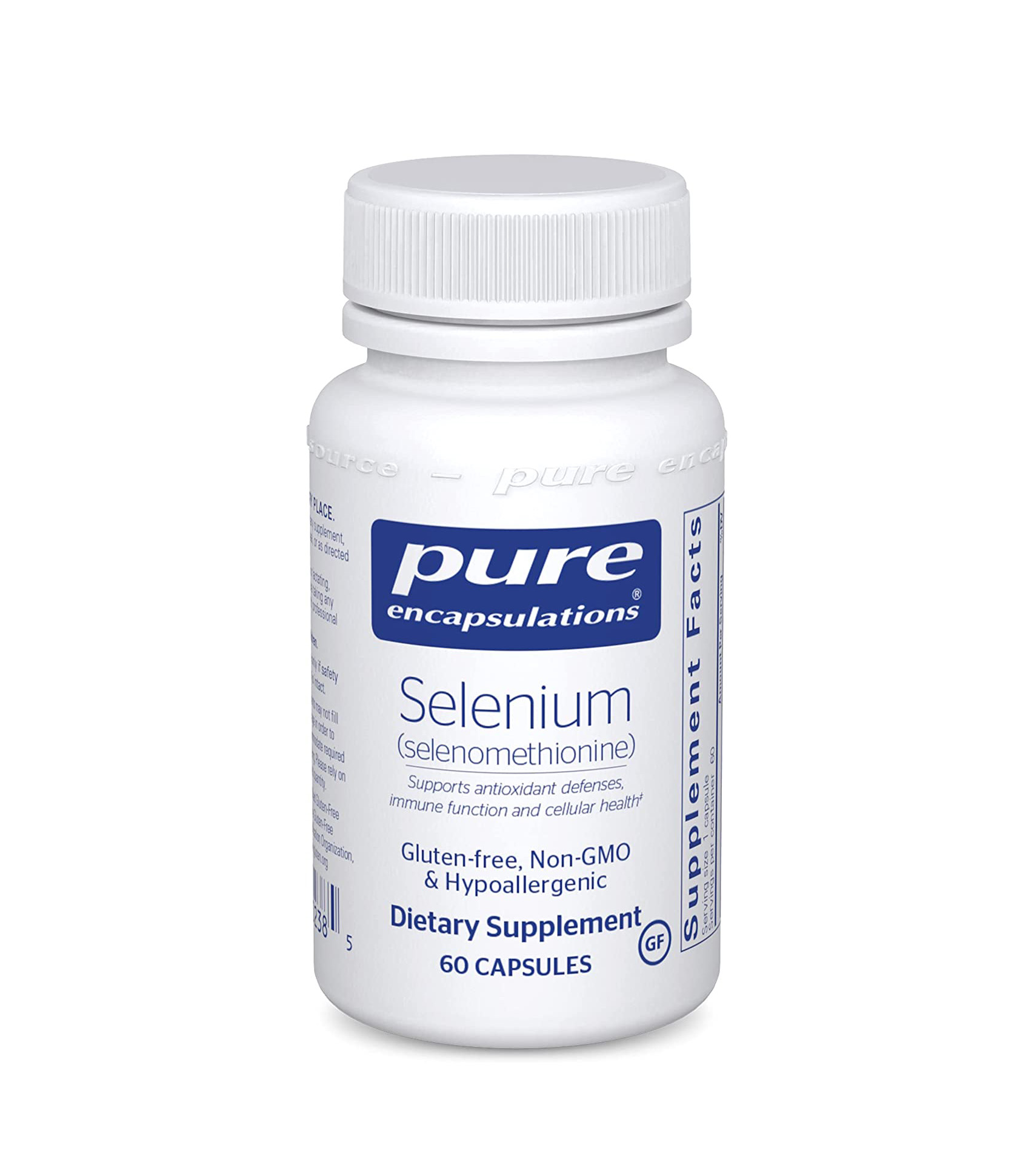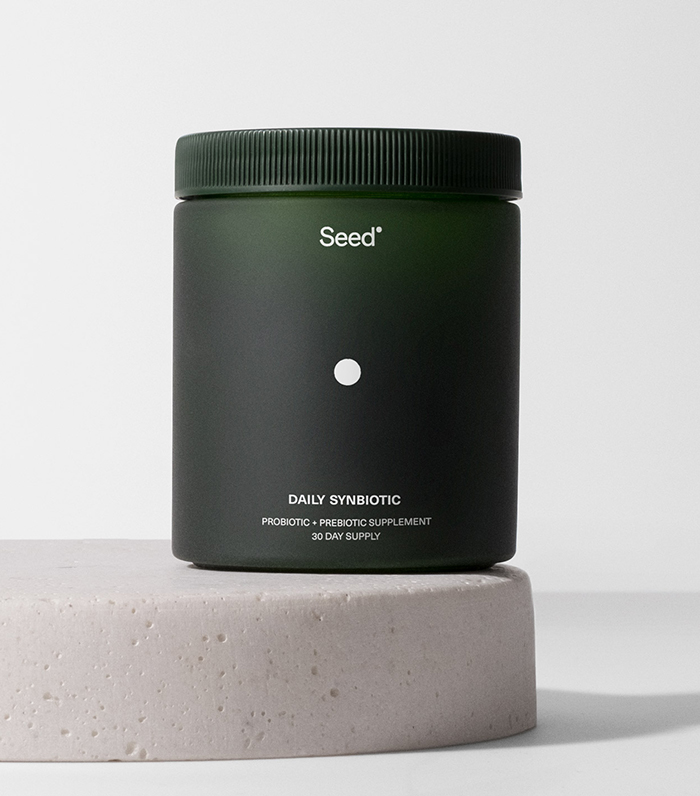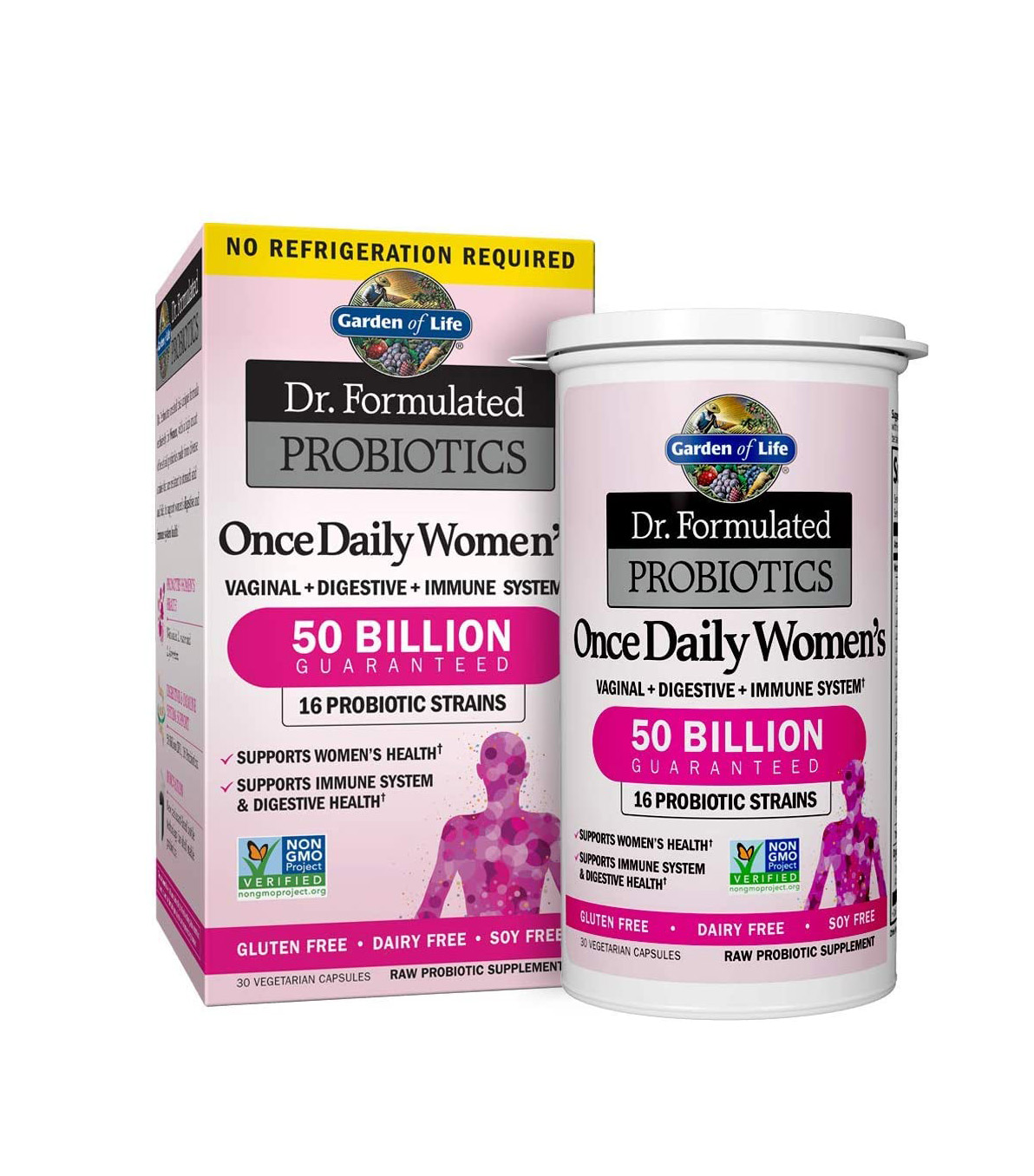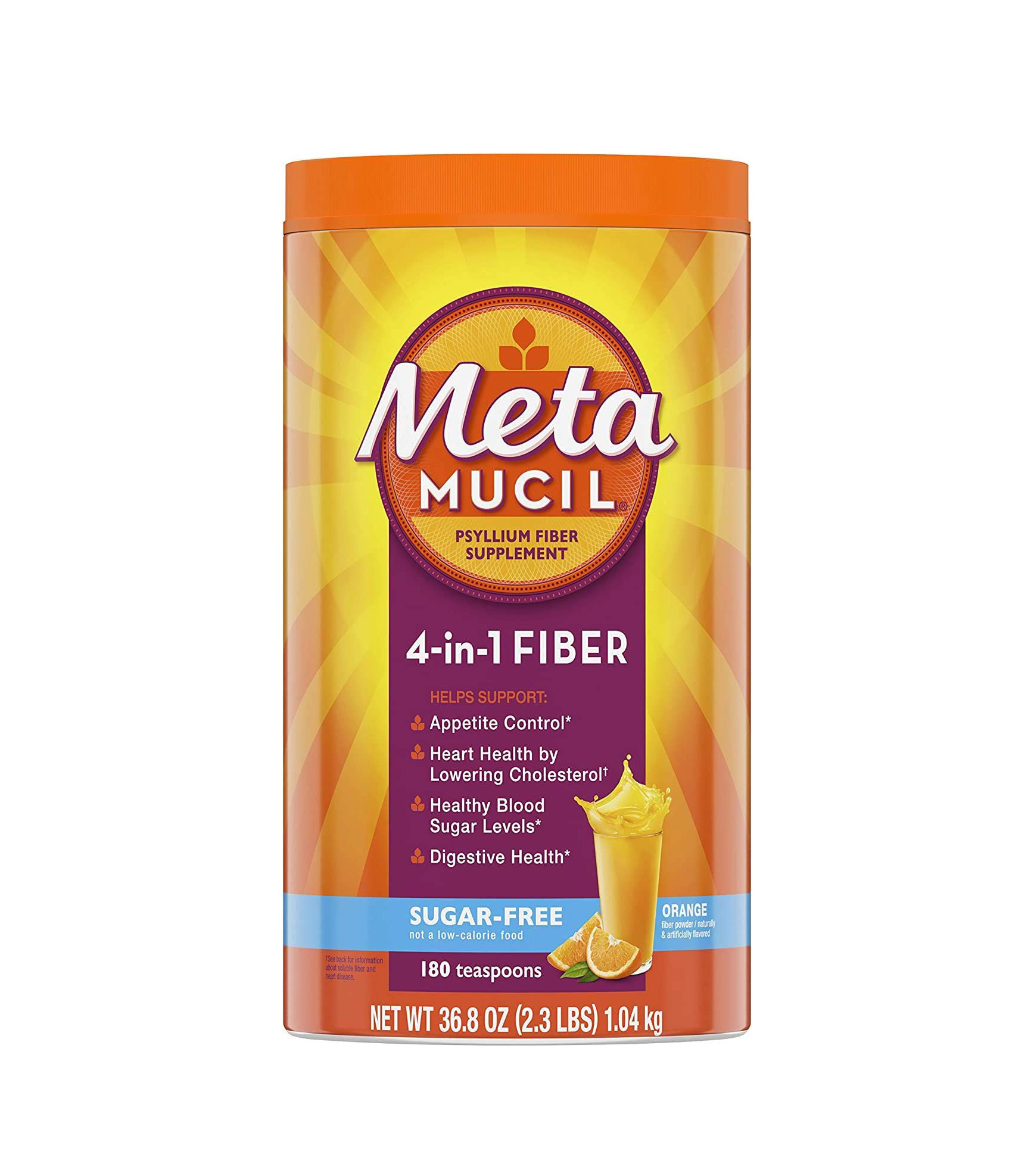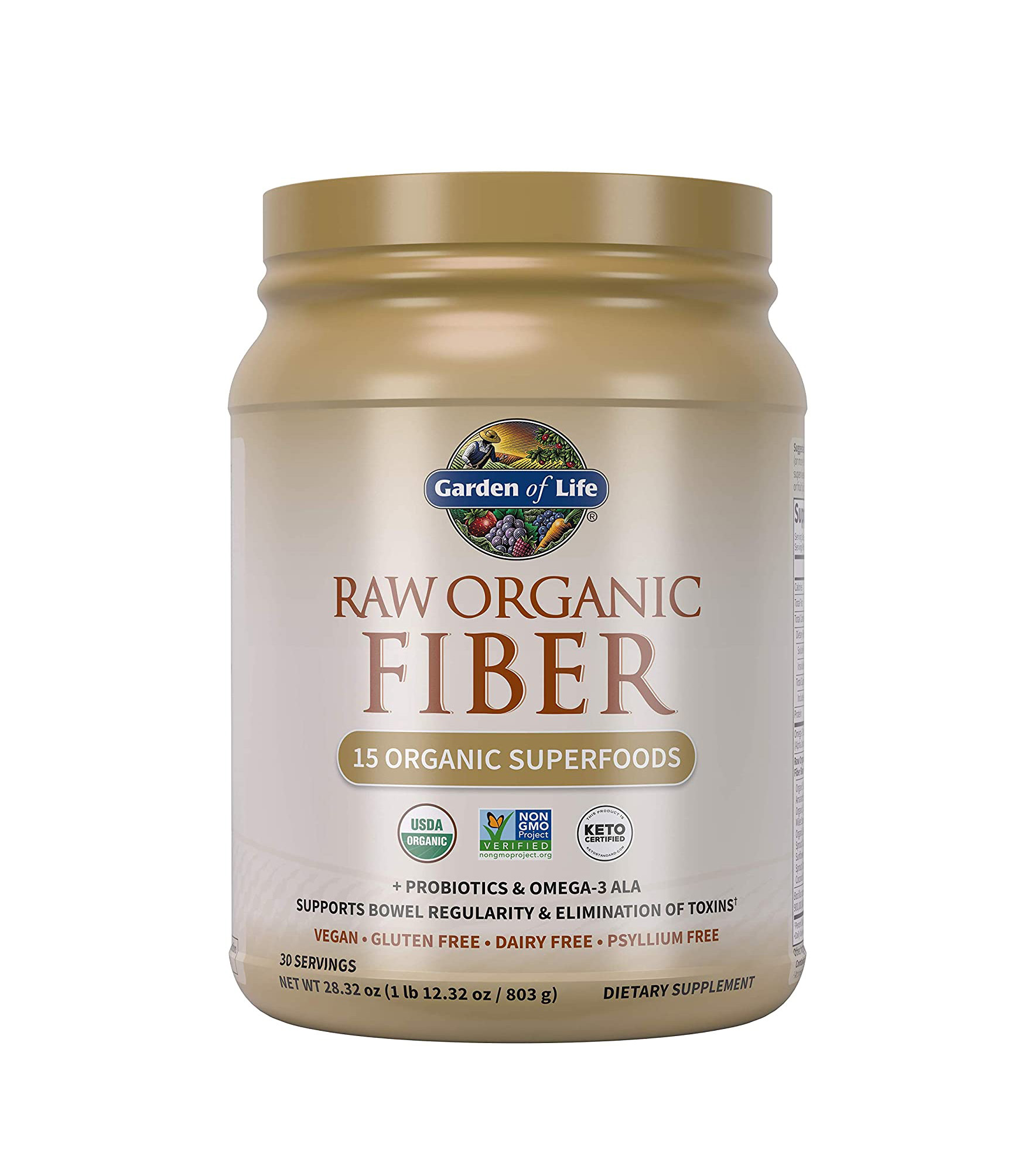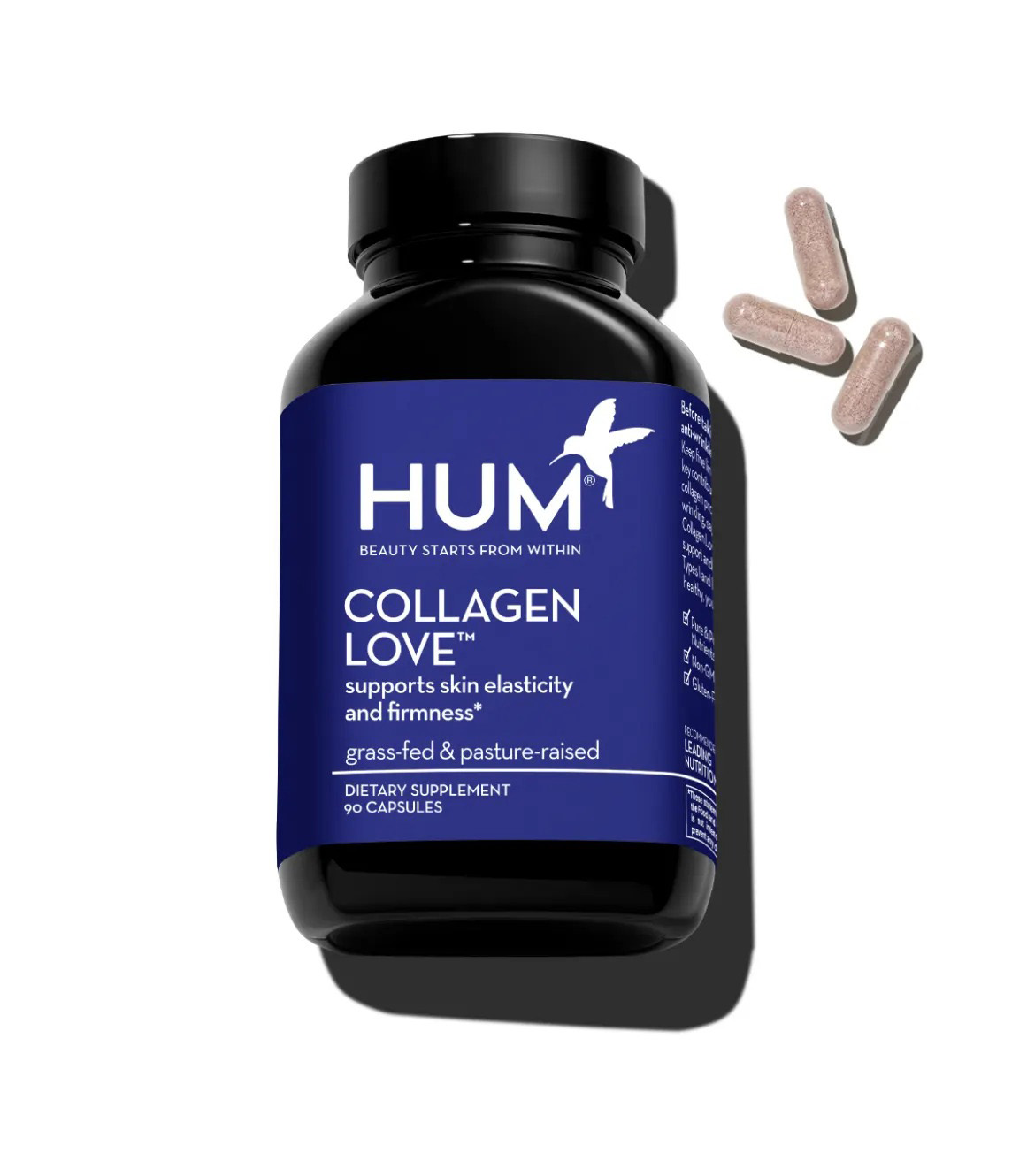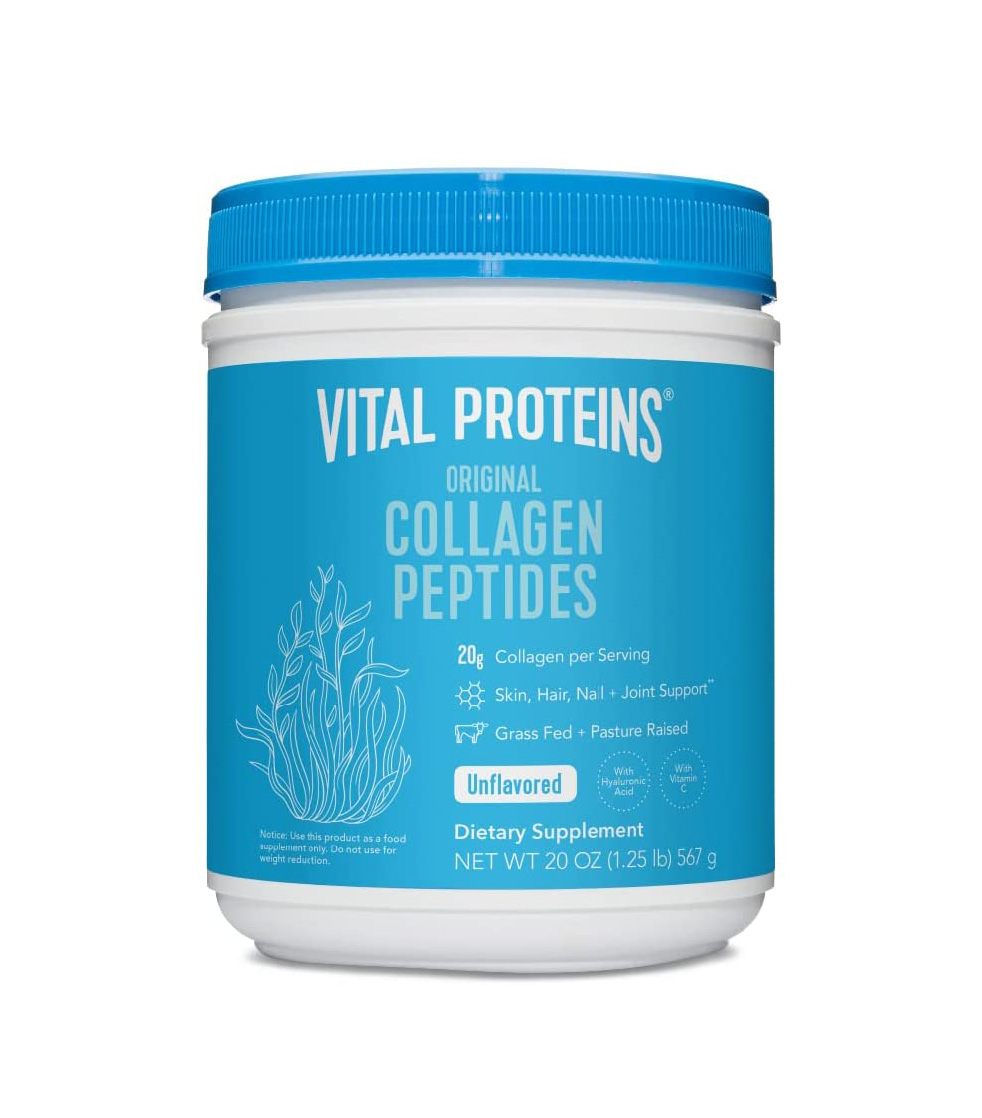16 Essential Vitamins Every Woman Needs—and Might Not Be Getting Enough Of
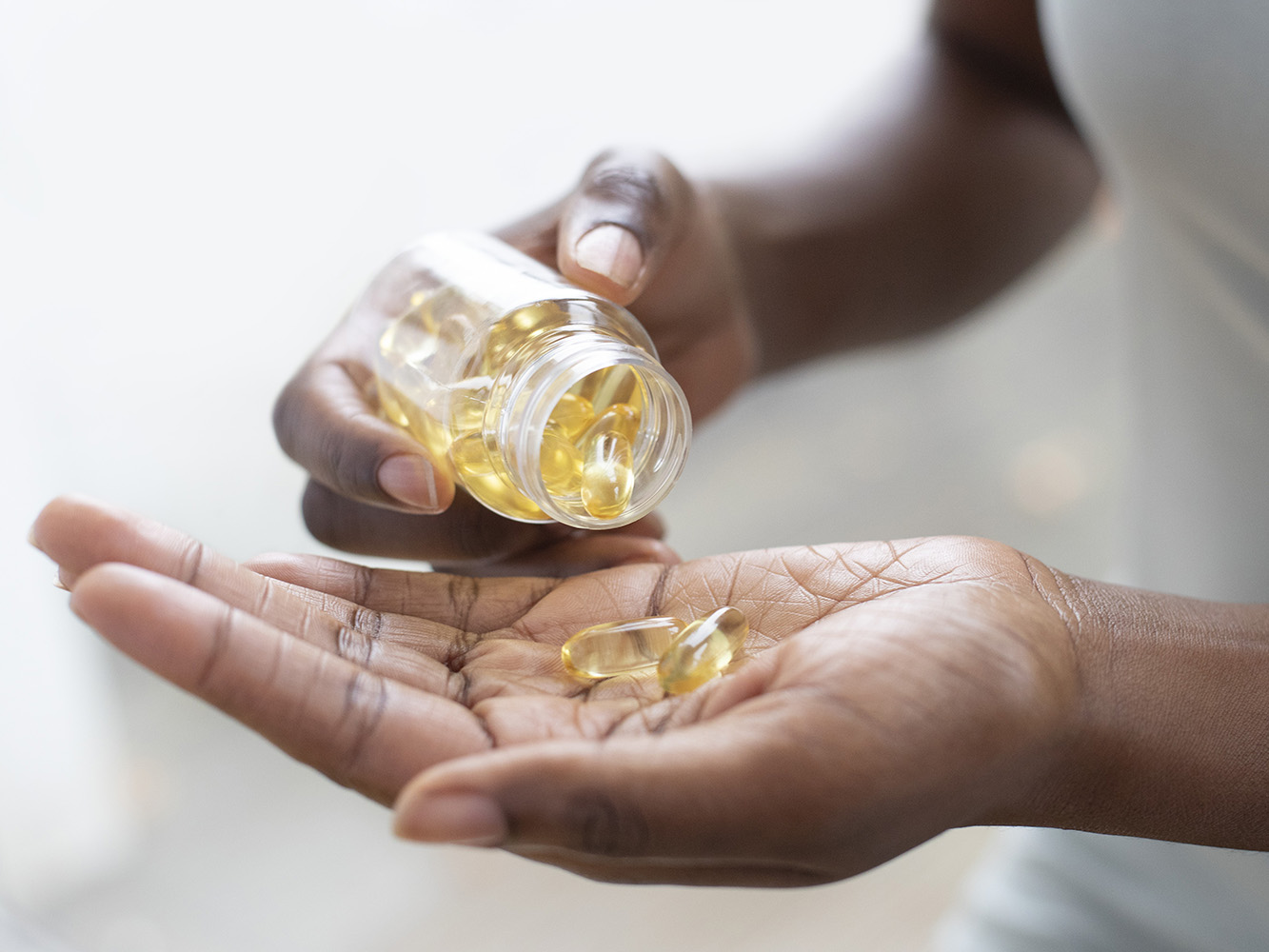
For optimal health and well-being, it's helpful to keep in mind the vitamins and nutrients you need every day that help your body function properly. And while the types of vitamins and nutrients everyone needs are generally the same across the board, there are specific ones that certain people need more, and that can depend on things like your health history or gender. It's important to note that everybody is different, so it helps to discuss with your own healthcare provider your specific needs.
Women, in general, though, do require certain nutrients more than men. There are a number of essential supplements for women that should be considered. Jennifer Martin-Biggers, PhD, MS, RDN, VP of scientific affairs and education at Hum Nutrition, says that women generally need slightly less fiber and protein than men.
"It is suggested that women follow an eating routine with adequate amounts of carbohydrates, protein, and fat for overall health and well-being," Valerie Agyeman, RD, a dietitian and the host of The Flourish Heights podcast, says. "Women also need higher amounts of nutrients like folic acid, calcium, and iron to support their bodies and reproductive function. Overall, following a nutrient-dense eating routine may help you meet your nutrient needs. For individuals following a vegan diet or who have several allergies, food intolerances, or specific dietary needs, it is recommended to see a registered dietitian for nutritional guidance."

Age can also play a factor in what vitamins and nutrients you need. "It is important to shift our nutrition and supplementation throughout our lifespan," Jessie Lucking, a health coach at Parsley Health, says. "Nutritional needs are ever-evolving, and women, in particular, can be affected by this in a variety of contexts such as supporting our menstrual cycle, birth control, pregnancy and postpartum, breastfeeding, and peri- and post-menopause. As menopause approaches, falling estrogen levels can increase the risk of different types of deficiency. This should be addressed on an individual level as well as more generalized age-related support considerations for bone health, oxidative stress, inflammation, and disease prevention."
As you get older, you might need more B12, calcium, and vitamin D due to a change in the ability to absorb certain nutrients and hormone level changes, Jennifer Maeng, MS, RD, CDN, LD, CNSC, the founder of Chelsea Nutrition and Twinlab's resident registered dietitian explains. "The food-cobalamin malabsorption syndrome is due to decreased ability to absorb food-based B12 with age," she adds. "Similarly, aging reduces vitamin D production in skin and decreases estrogen production, which then leads to calcium deficiency."
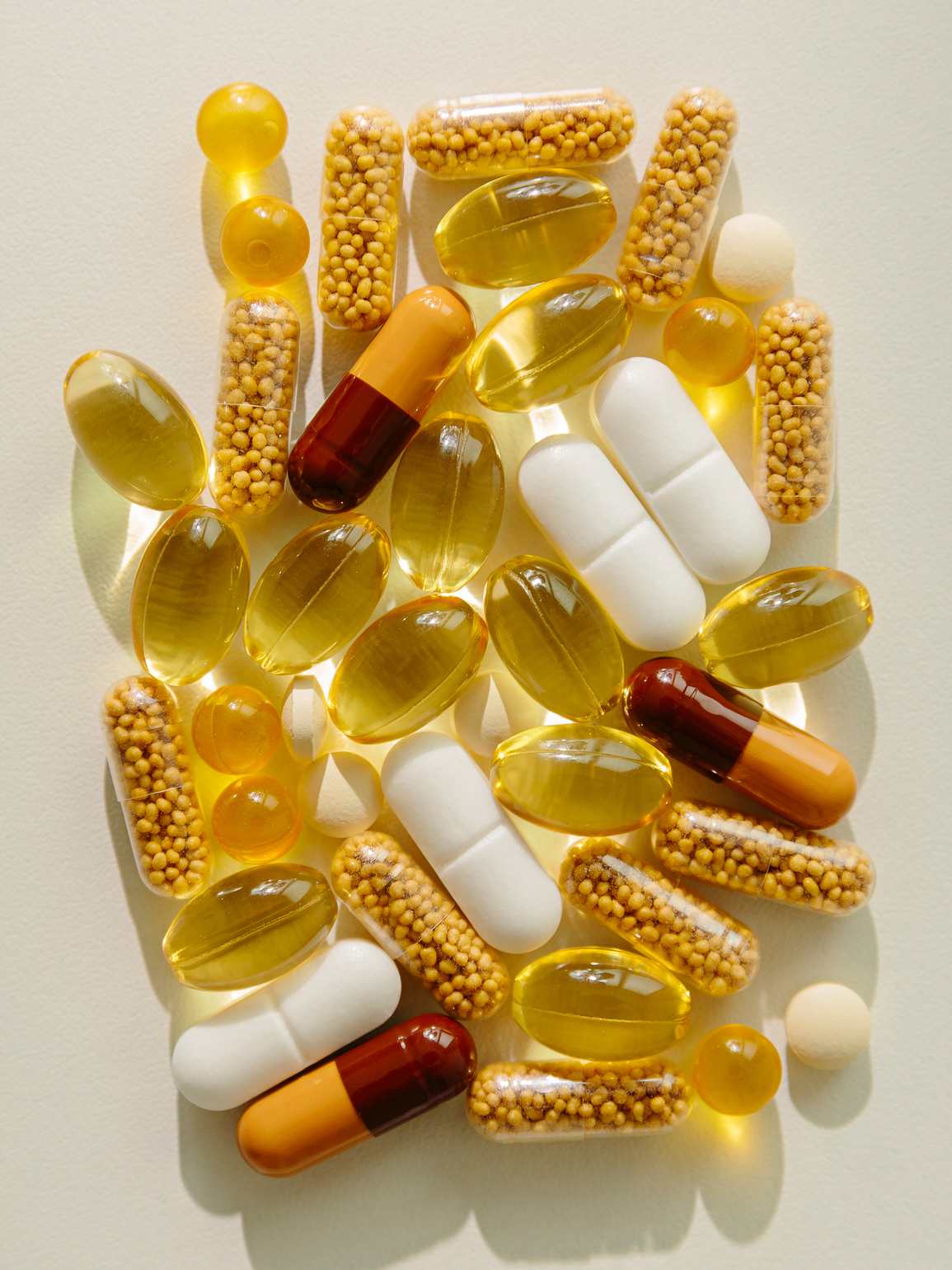
So how can you get all of these vitamins and nutrients? Well, ideally, you'd be able to consume them through a balanced diet, but sometimes you might need a bit of extra help through supplementation. "Ideally, we would be able to maintain optimal nutrient levels through diet alone, but unfortunately, due to the state of our agricultural system and diminished soil quality and the impaired digestion and absorption that many women experience, this is not a reliable certainty," Lucking says.
If you find you're having trouble maintaining the recommended nutrient levels, it's important to chat with your doctor or a healthcare professional before you stock up on supplements. That way, they can order tests and evaluate your specific needs to create a personalized plan for you. "It is also very important to further investigate the root cause of a nutrient deficiency, beyond replenishing with a supplement, as the deficiency will likely return after supplementation ceases if the root cause is not corrected," Lucking adds.
The experts shared the essential vitamins and nutrients women need below.
1. Multivitamins
Lucking recommends taking a multivitamin to address the wide range of potential deficiencies. "When selecting any supplement, it is preferable to look for pharmaceutical-grade quality with minimal additives," she advises.
2. Folate
"Folate is especially important for women of childbearing age," Agyeman says. "Adequate folate before and after pregnancy helps reduce the risk of birth defects in the baby's spinal cords and brains. The CDC recommends women who could become pregnant get 400 micrograms (400 mcg) every day. You can increase your intake by adding leafy green vegetables, nuts, beans, and enriched grains. If you are not able to meet your folate requirements through your diet, a supplement with folic acid will be necessary."
Folate has been linked to improved hormonal balance and enhanced menstrual cycle function, Maeng adds. "Folate also plays important roles in mood (it helps to regulate neurotransmitter production), in inflammation (it plays a role in the production of glutathione, the master antioxidant), and in heart disease risk (it's important for lowering homocysteine, a marker associated with cardiovascular risk)," explains Erin Skinner, RDN, a functional medicine dietitian nutritionist. "Heart disease is actually the number one cause of death among women, so folate should be a focus area."
3. Vitamin B12
Maeng says the need for vitamin B12 increases during pregnancy and lactation, but even if you are not pregnant or lactating, you should pay attention to your B12 levels, as the ability to absorb it decreases with age. "B12 is important for the normal functions of our nerves and for the formation of red blood cells and DNA synthesis," she explains. "B12 also plays an important role in synthesizing and metabolizing serotonin, aka the happy hormone responsible for regulating your mood. B12 can be found in animal protein such as beef, chicken, eggs, dairy, fish, shellfish, and fortified food products such as breakfast cereals."
And B vitamins in general are important for optimizing energy levels, enhancing muscle tone, improving heart health, and facilitating hormone and cholesterol production. Other sources of B vitamins include dark leafy greens, spinach, broccoli, brown rice, nuts and seeds, mushrooms, and avocado.
4. Iron
"Iron is often a necessary supplement for women due to blood loss during the menstrual cycle, whereas men do not experience a similar blood loss unless they are donating blood regularly or suffer other medical conditions that might cause blood loss and decrease their iron stores," Lucking says. And low levels of iron can lead to iron-deficiency anemia, Agyeman adds. Heavy periods, pregnancy, breastfeeding, and a vegetarian or vegan diet can be risk factors for anemia. A lack of iron can lead to symptoms like shortness of breath, weakness, fatigue, lightheadedness, chest pain, a fast heartbeat, headaches, cold hands and feet, and brittle nails.
There are two forms of iron: heme and non-heme. Heme iron can be found in animal products, like shellfish and red meat. Non-heme iron can be found in whole grains, legumes, dark chocolate, spinach, potatoes, nuts, and seeds. "Women lose iron each month, so that makes it hard to keep up," says Skinner. "Low iron status is common, especially since many women avoid forms of highly absorbable heme iron (iron from animal proteins)." So you might have to supplement if you are unable to consume heme iron.
5. Calcium
You need the mineral calcium for bone health, which is especially important for women. "Bone disorders are more prevalent in women than in men," Agyeman says. "This is why calcium is such a key nutrient for women. If your calcium levels aren't enough, your body will remove it from your bones, leaving them weak and brittle and putting you at higher risk for bone conditions such as osteoporosis. Unfortunately, it's very common in women who have reached menopause because estrogen levels start to decline, resulting in some bone loss. Some calcium-rich foods include yogurt, cheese, sardines, chia seeds, and broccoli."
6. Vitamin D
A lot of people can have a tough time getting enough vitamin D. "Vitamin D deficiency has been associated with insulin resistance, obesity, diabetes, and cardiovascular disease," Maeng says. "Vitamin D is especially important for women aged 30-plus. That is because estrogen increases the activity of the enzyme responsible for activating vitamin D. Therefore, when estrogen levels decline during the menopausal transition, it could lead to vitamin D deficiency and exhibit symptoms such as fatigue, muscle weakness, and even depression." Agyeman adds that people with dark skin pigmentation are at greater risk for a vitamin D deficiency because the higher presence of melanin can reduce the body's ability to produce vitamin D.
The body naturally produces vitamin D in response to the skin's exposure to sunlight, and you can also get vitamin D through foods like fatty fish, eggs, and fortified foods.
7. Vitamin E
"Too much estrogen in your body is inflammatory and can increase your stress hormone cortisol," Maeng says. "And vitamin E doesn't lower your estrogen levels but helps reduce the negative effects of high estrogen levels. Vitamin E has been linked to a longer luteal phase and improved corpus luteum, which is the final stage in the life cycle of the ovarian follicle."
It also offers free radical protection, improves the immune system, and prevents blood clots. You can get vitamin E through foods such as sunflower seeds, pumpkin, red peppers, asparagus, avocados, collard greens, spinach, almonds, and mangoes, Lucking says.
8. Vitamin C
"Vitamin C is key to support our skin and immunity as we age due to its antioxidant functions," Martin-Biggers says. "While we usually think of citrus fruits as being high in vitamin C, vegetables are also high in vitamin C—red bell pepper is one of the best food sources."
9. Vitamin A
Lucking says vitamin A is important for protecting our eyesight, facilitating the production of our white blood cells to support our immune system, preventing acne, contributing to bone health, and improving egg quality and development from a reproductive perspective. You can get vitamin A from food sources like kale, spinach, broccoli, carrots, sweet potatoes, pumpkin, winter and summer squash, tomatoes, red bell peppers, cantaloupe, mango, beef liver, and eggs.
10. Magnesium
"Every single cell in your body contains magnesium and needs it to function properly," Agyeman says. "Most of it is found in the bone and is involved in more than 600 reactions in your body. It has been shown to alleviate symptoms of premenstrual syndrome (PMS), like boosting mood and relieving cramps. It also may help ease pain with migraines and support cardiovascular health. Magnesium can be found as supplements or in food like dark leafy greens, chia seeds, nuts, and dark chocolate."
Maeng adds that women who are on birth control pills (that includes progestin and estrogen) can experience vitamin B12, zinc, and magnesium deficiencies.
11. Omega-3
Omega-3 fatty acids are essential for the reduction of inflammation, promotion of healthy hormone production, regulation of blood clotting, lowering of blood pressure and heart rate, improving blood vessel function, and lowering and maintaining healthy triglyceride levels, Lucking explains. You can find omega-3 fatty acids in foods like fish, shellfish, nuts, flaxseeds, flaxseed oil, and seaweed.
12. Zinc
Lucking says that zinc is a trace mineral that is necessary for almost 100 enzymes to carry out vital bodily reactions. "It is a major factor in the creation of DNA, cell growth, protein formation, healing, and healthy immune system function," she says. "Zinc is most predominantly available in shellfish like oysters, crab, and lobster; beef and poultry; legumes, nuts, and seeds."
13. Selenium
Selenium is an essential trace mineral that supports enzymes and proteins (called selenoproteins) that help make DNA and provide protection from cell damage and infection, Lucking says. The proteins are involved in reproduction and the metabolism of thyroid hormones, too. Food sources of selenium include Brazil nuts, fish, shellfish, beef, turkey, chicken, beans, and lentils.
14. Probiotics
"Probiotics are key for optimal digestive health, and certain strains have been shown to support skin and vaginal health, as well as mood and stress relief," Martin-Biggers says. "The connections between our gut health and the good bacteria that live there to our physical and mental health continue to emerge in research. Probiotics are naturally occurring in fermented foods, like yogurt and kefir, but supplements for targeted benefits are also helpful."
15. Fiber
This key nutrient helps with regularity and digestion. Biggers-Martin adds that foods high in fiber have also been shown to help support heart health and are typically high in other nutrients like B vitamins. Some food sources that contain fiber include beans, whole grains, berries, brussels sprouts, and chia seeds.
16. Collagen
"Collagen is important to support skin health as we get older," Martin-Biggers says. "Collagen and elastin fibers in skin degrade as we age. Hence it is an important part of skin health, firmness, and elasticity. Certain types of collagen peptides are also important for joint health."
Next, These 18 Supplements Will Make Your Hair Thicken Crazy-Fast
This article is provided for informational purposes only and is not intended to be used in the place of advice of your physician or other medical professionals. You should always consult with your doctor or healthcare provider first with any health-related questions.
Sarah is lifestyle writer and editor with over 10 years of experience covering health and wellness, interior design, food, beauty, and tech. Born and raised in Los Angeles, she attended New York University and lived in New York for 12 years before returning to L.A. in 2019. In addition to her work atBest Knockoff Luxury Clothing , she held editor roles at Apartment Therapy, Real Simple, House Beautiful, Elle Decor, and The Bump (sister site of The Knot). She has a passion for health and wellness, but she especially loves writing about mental health. Her self-care routine consists of five things: a good workout, “me” time on the regular, an intriguing book/podcast/playlist to unwind after a long day, naps, and decorating her home.
